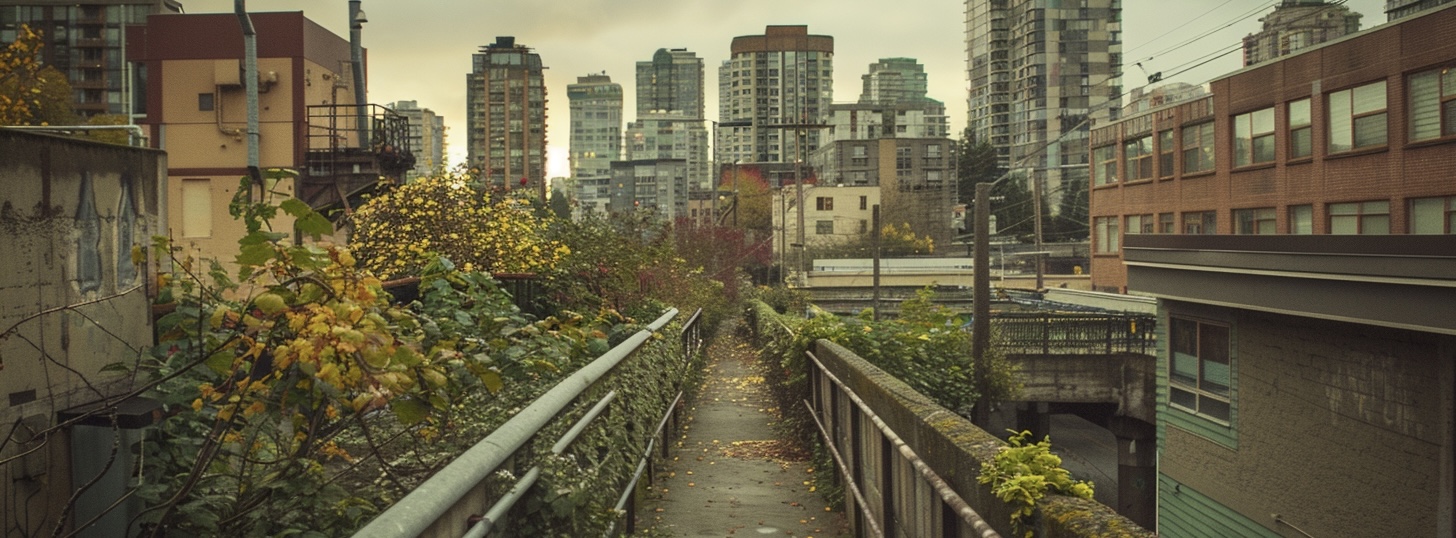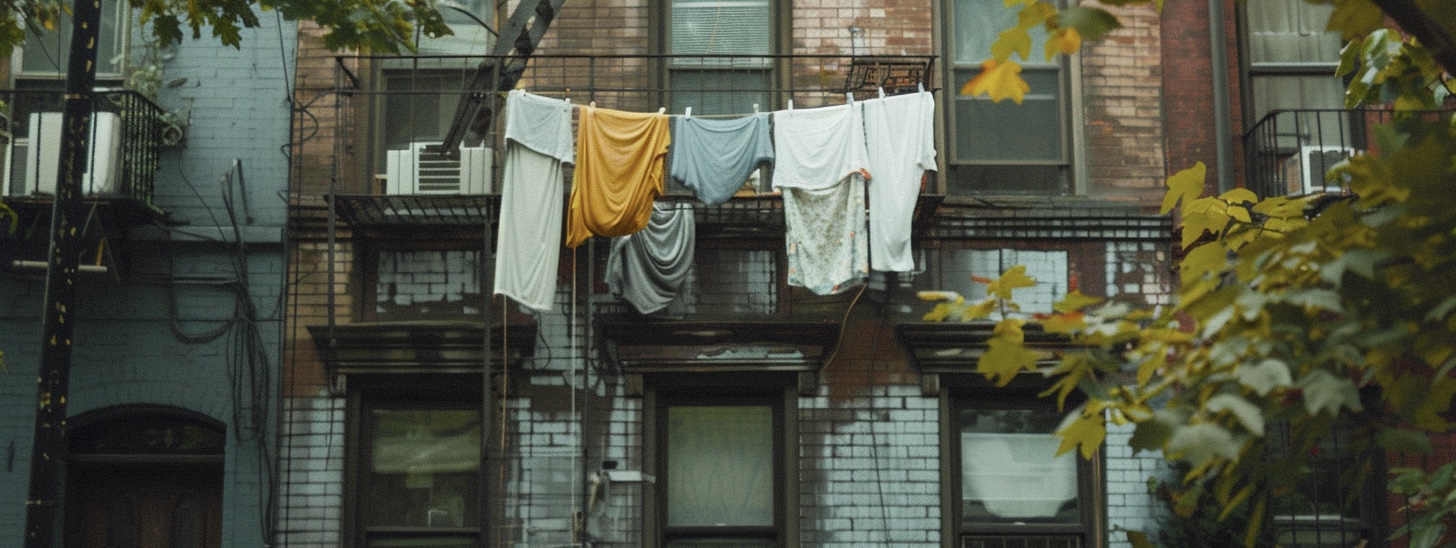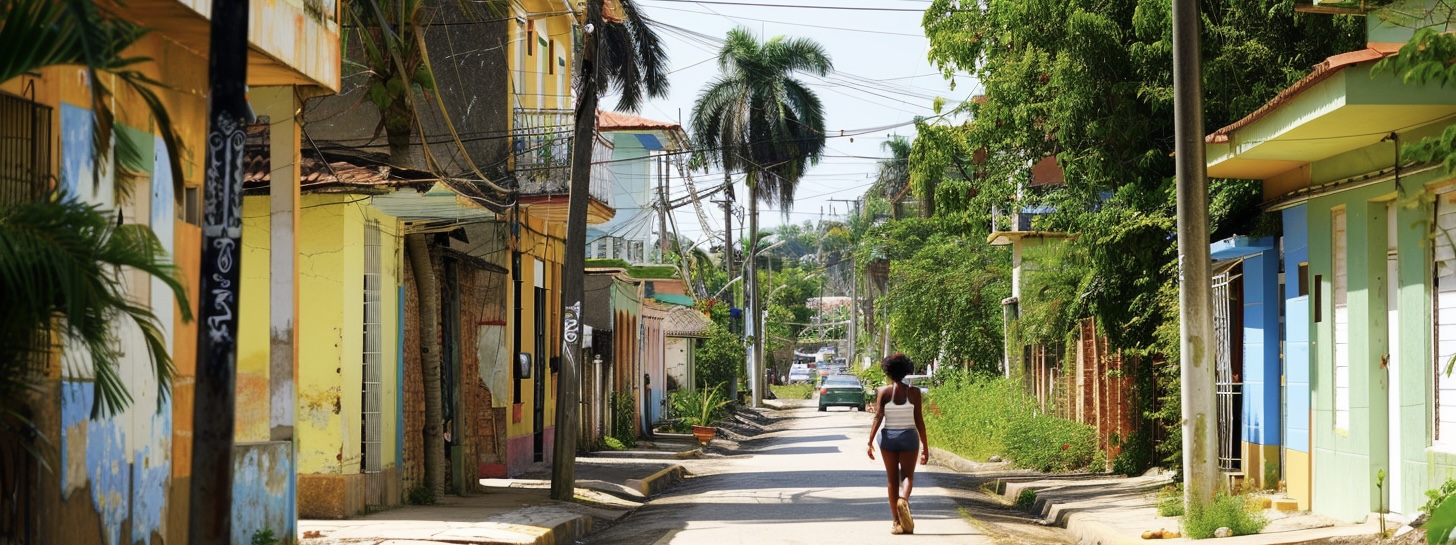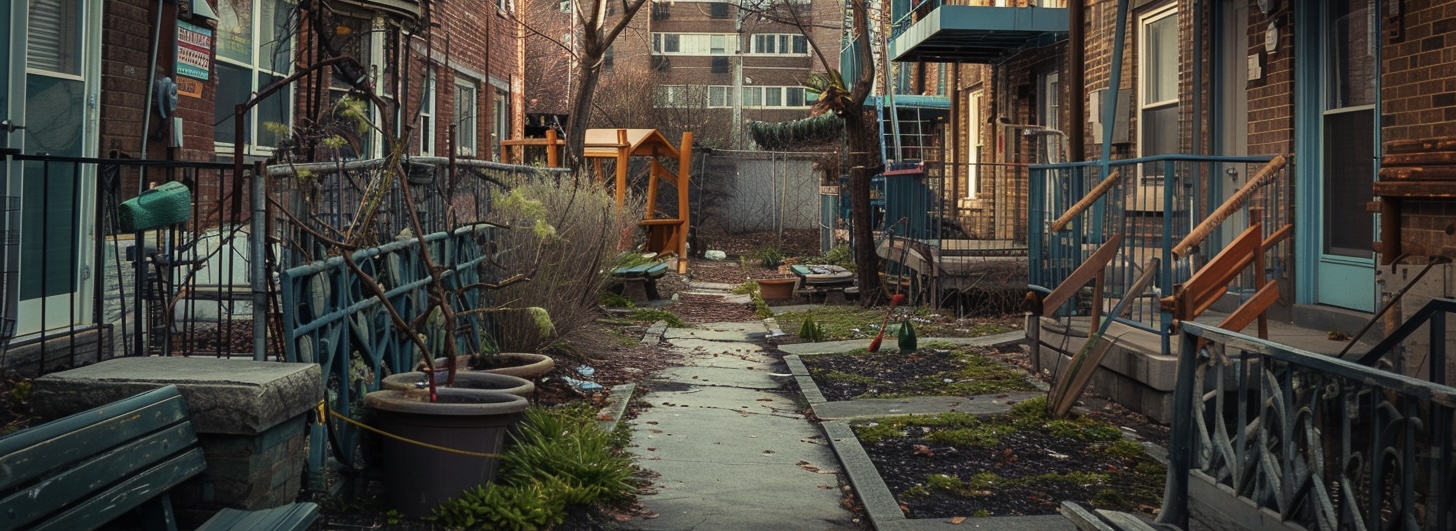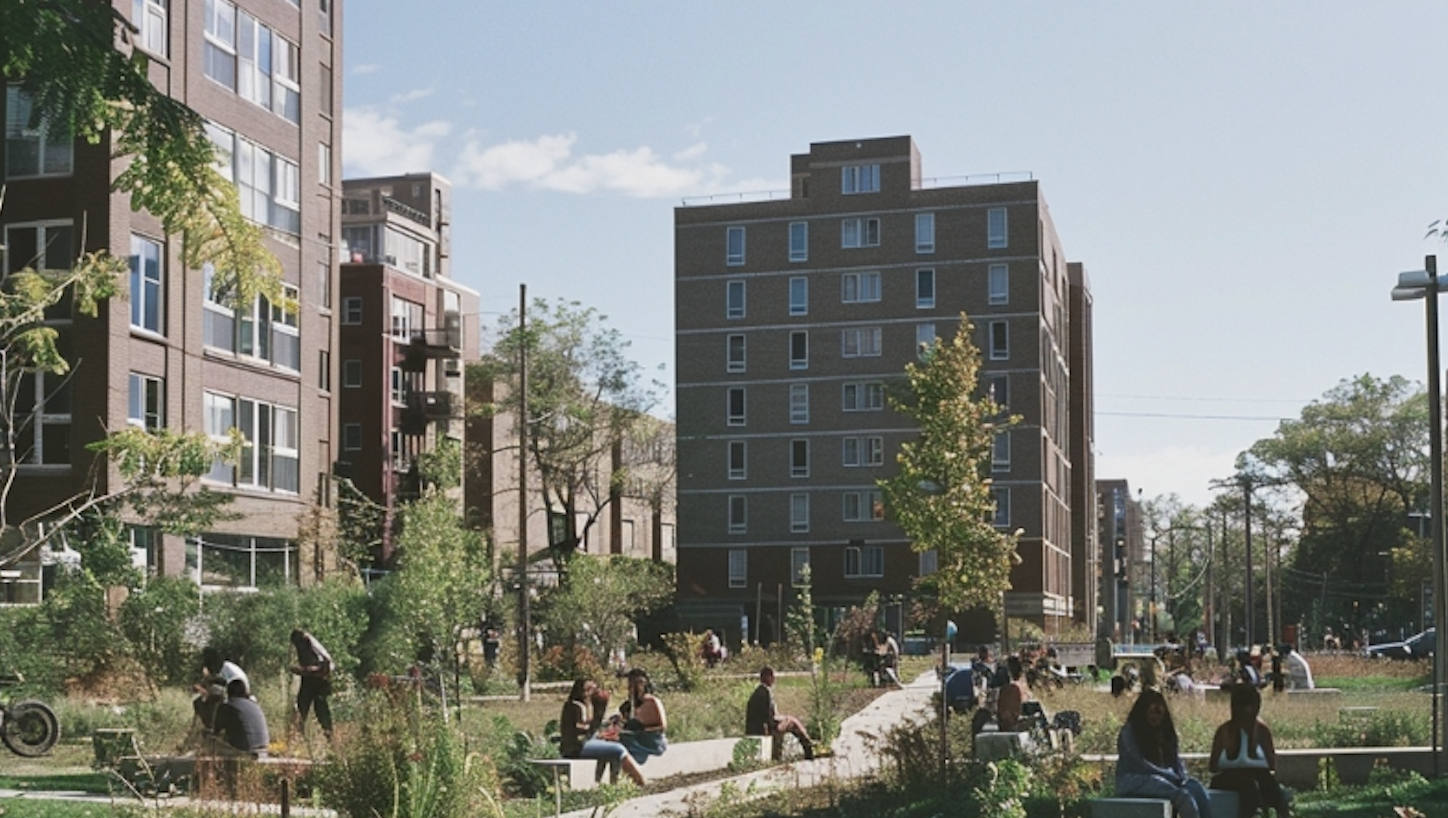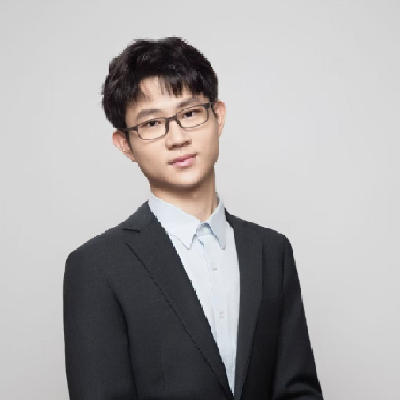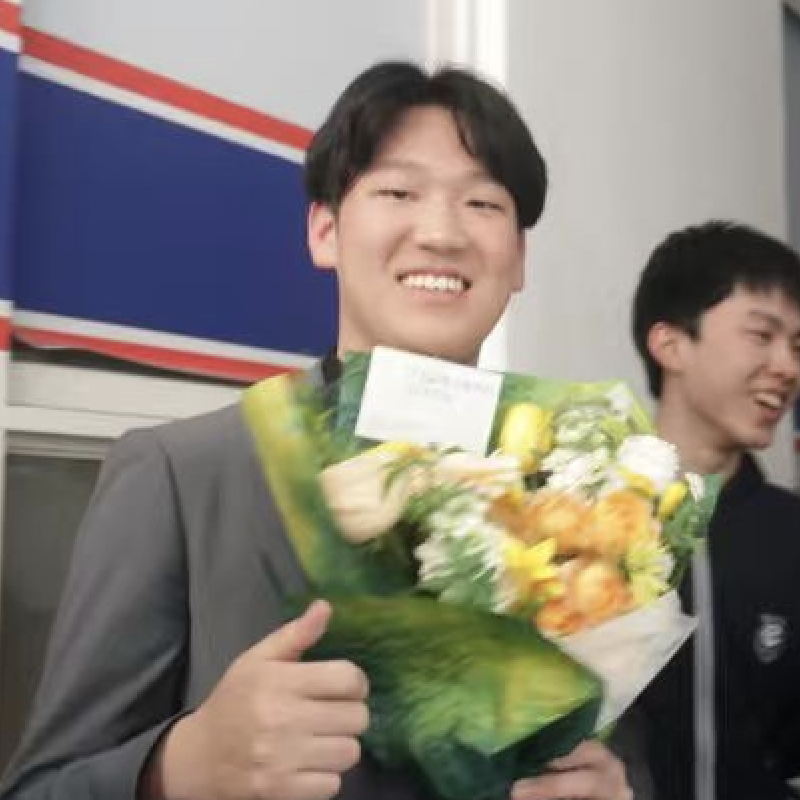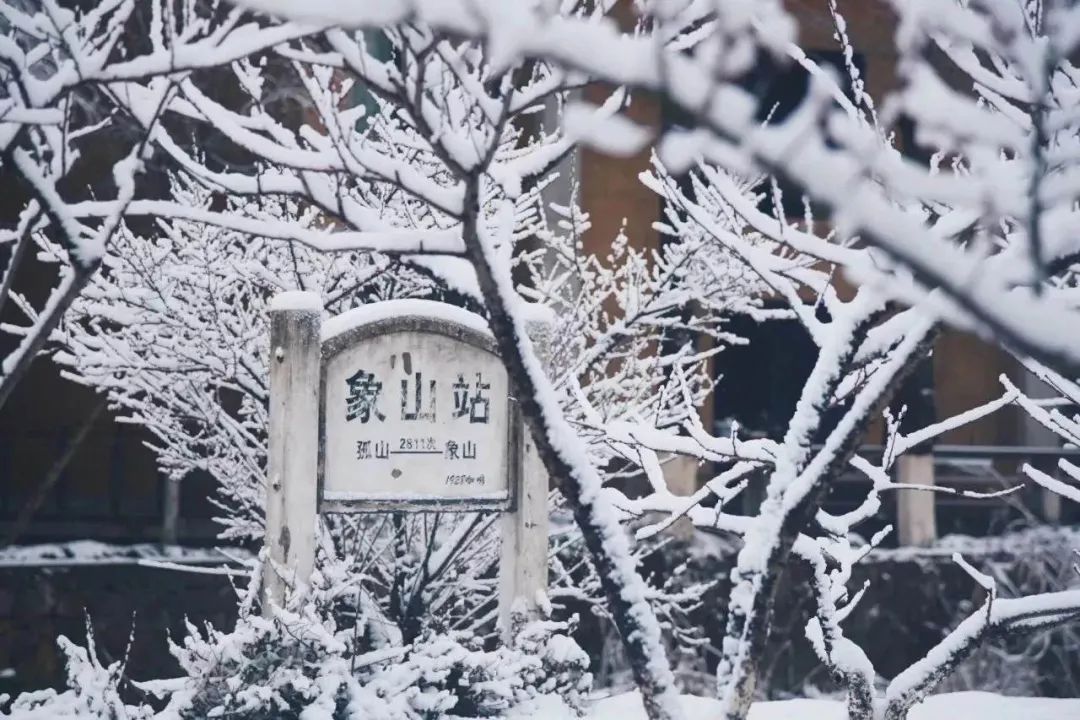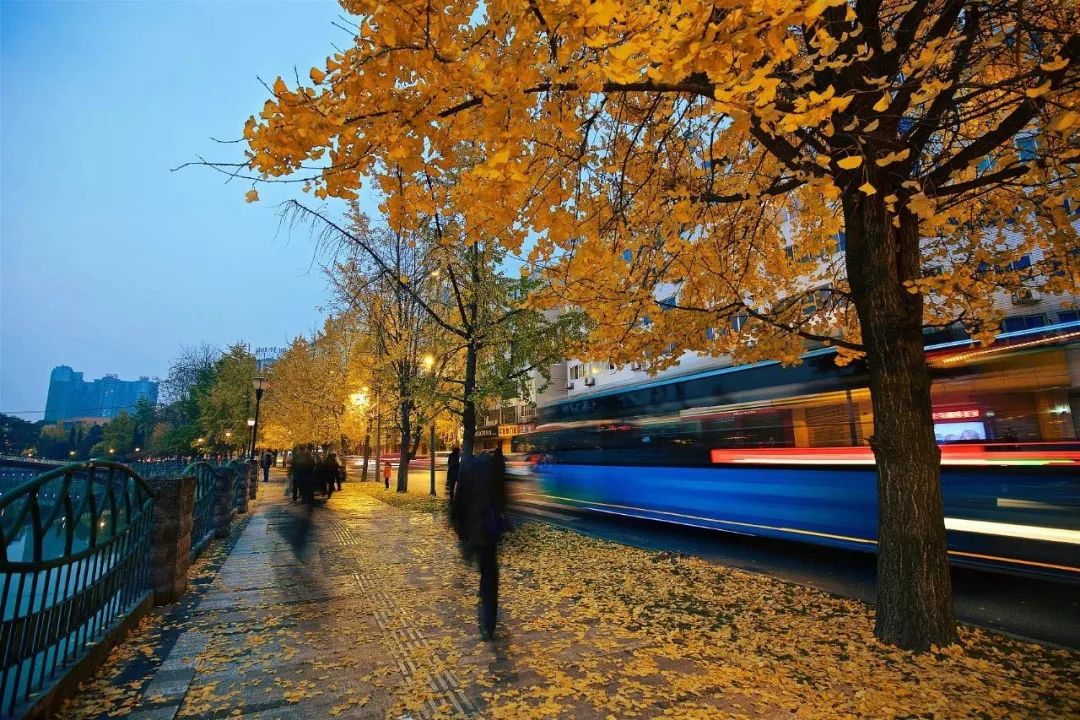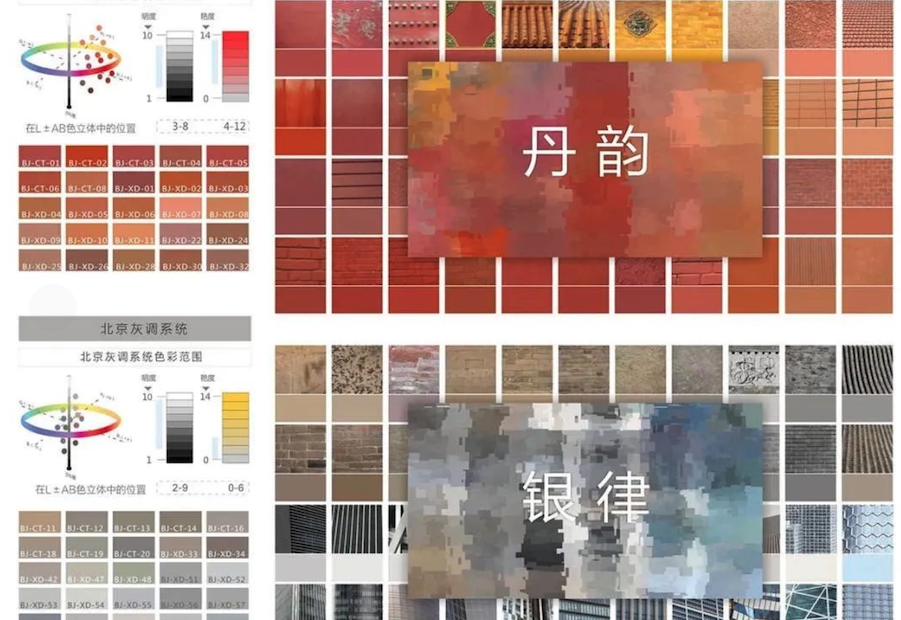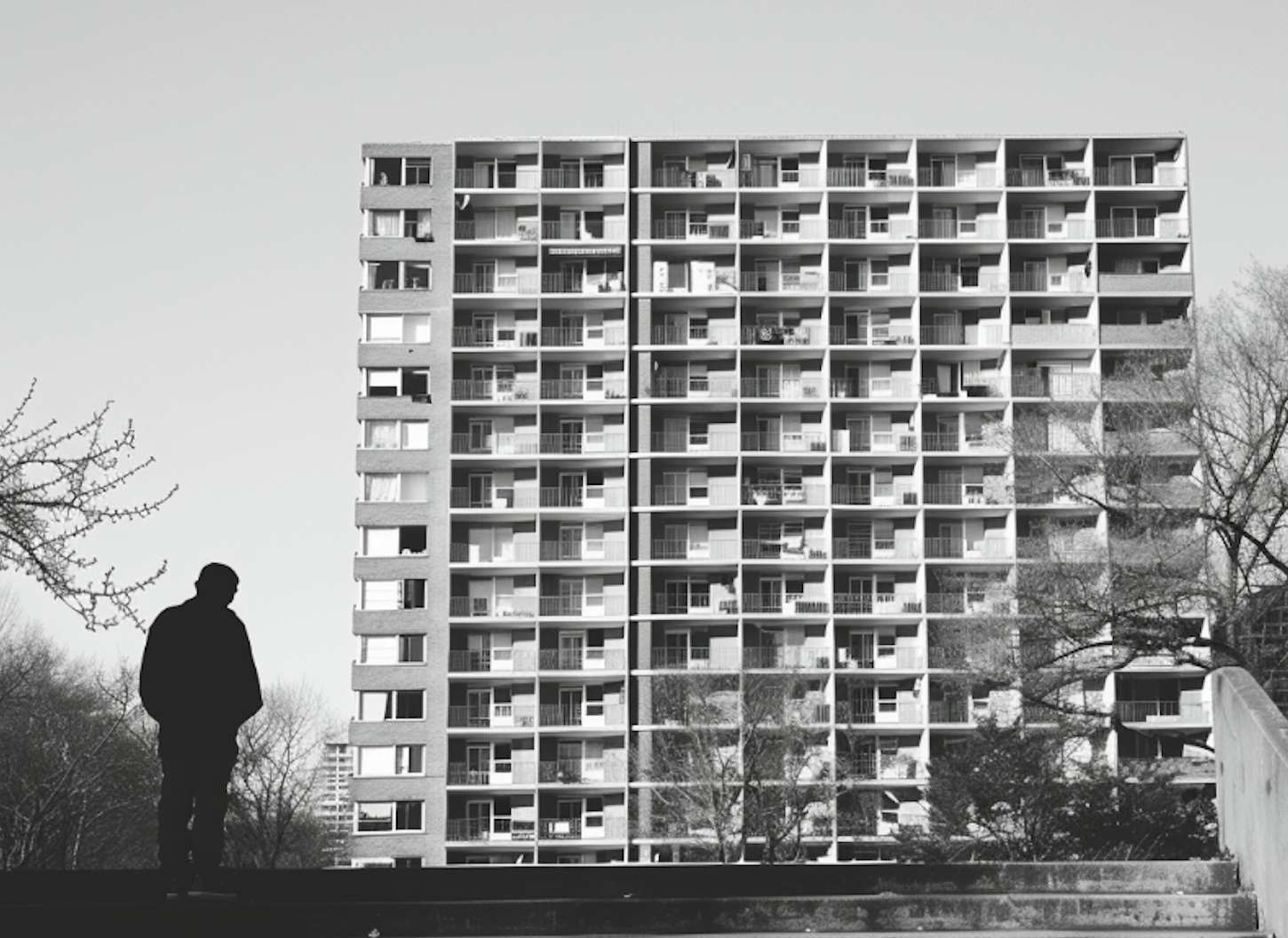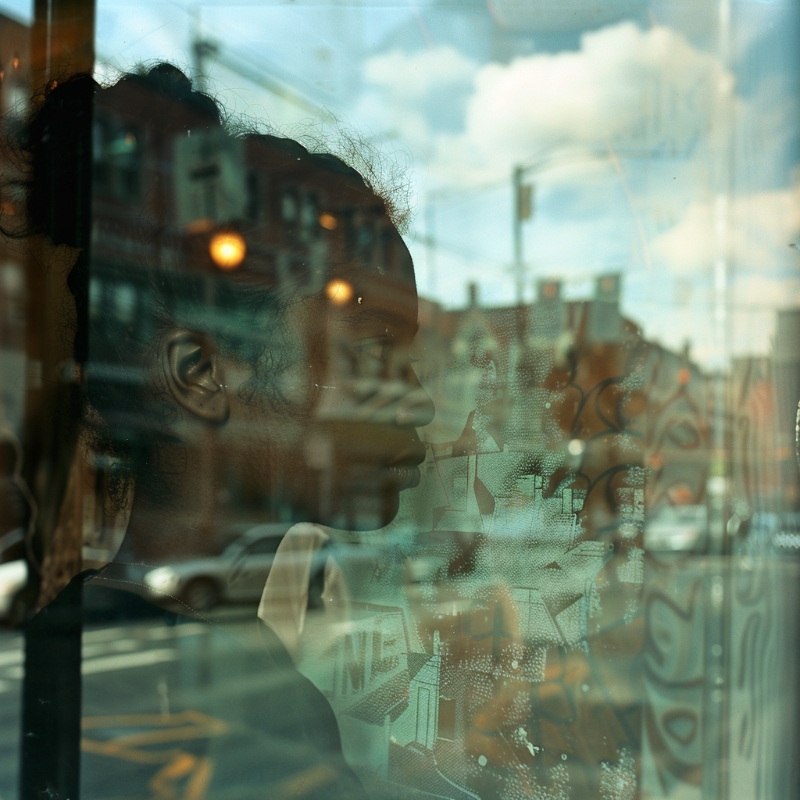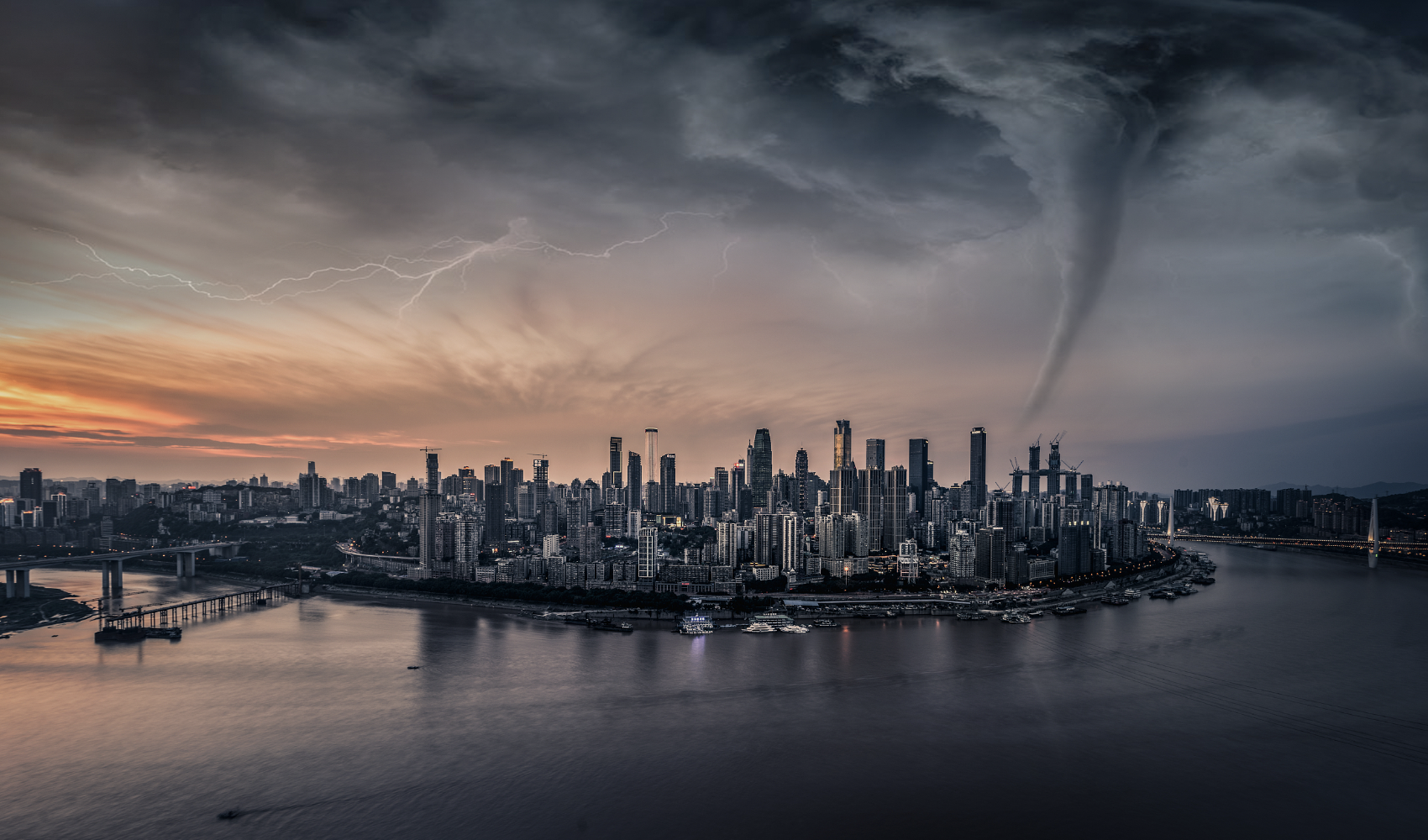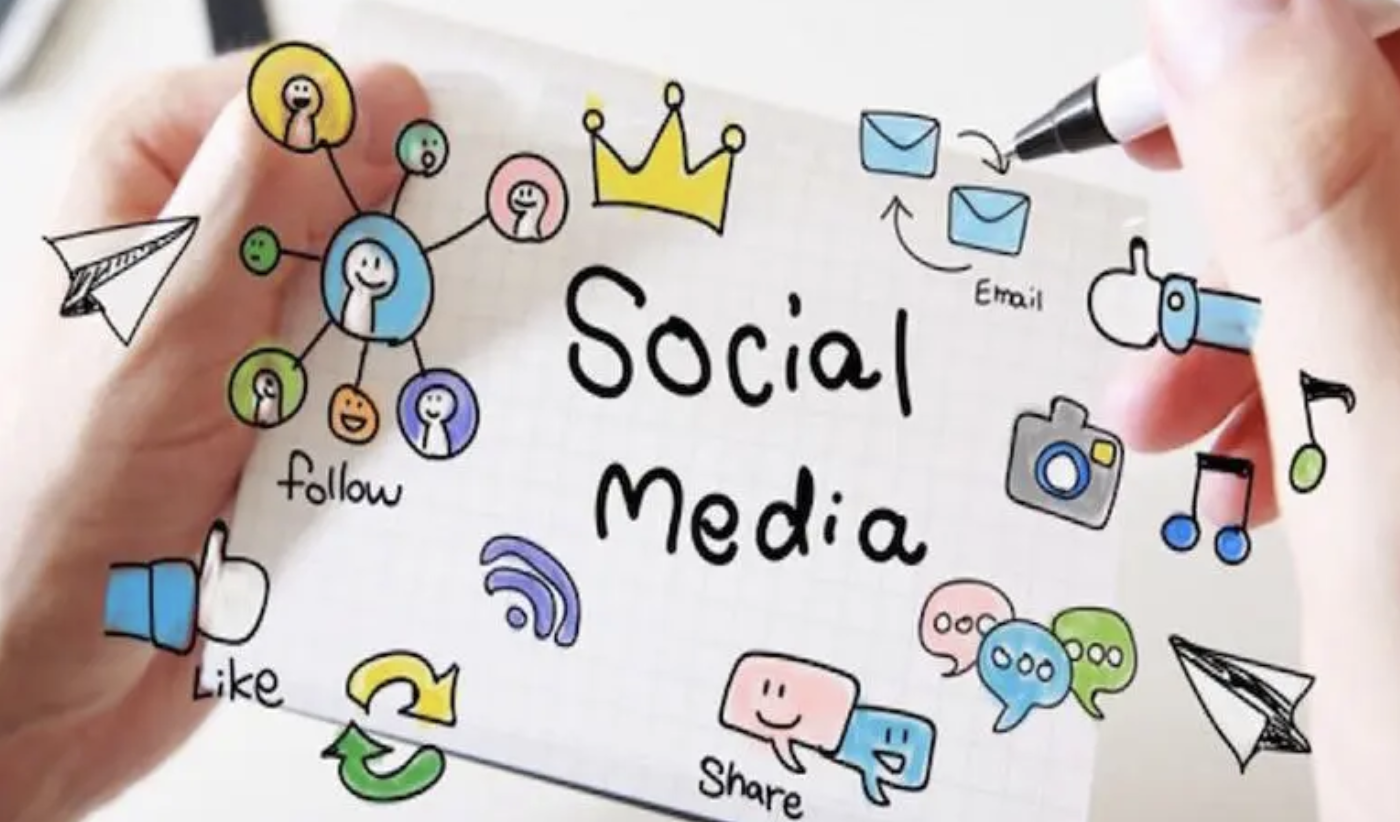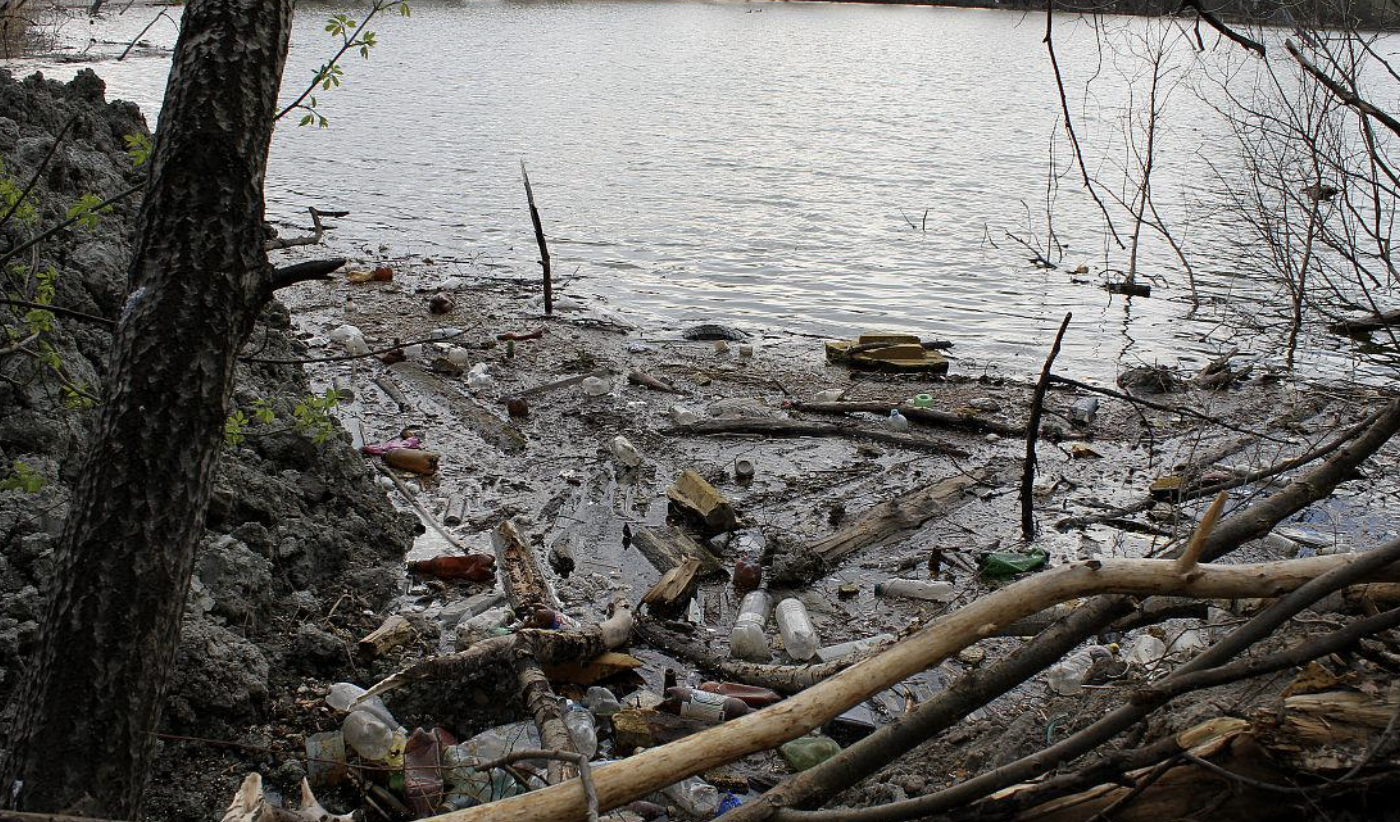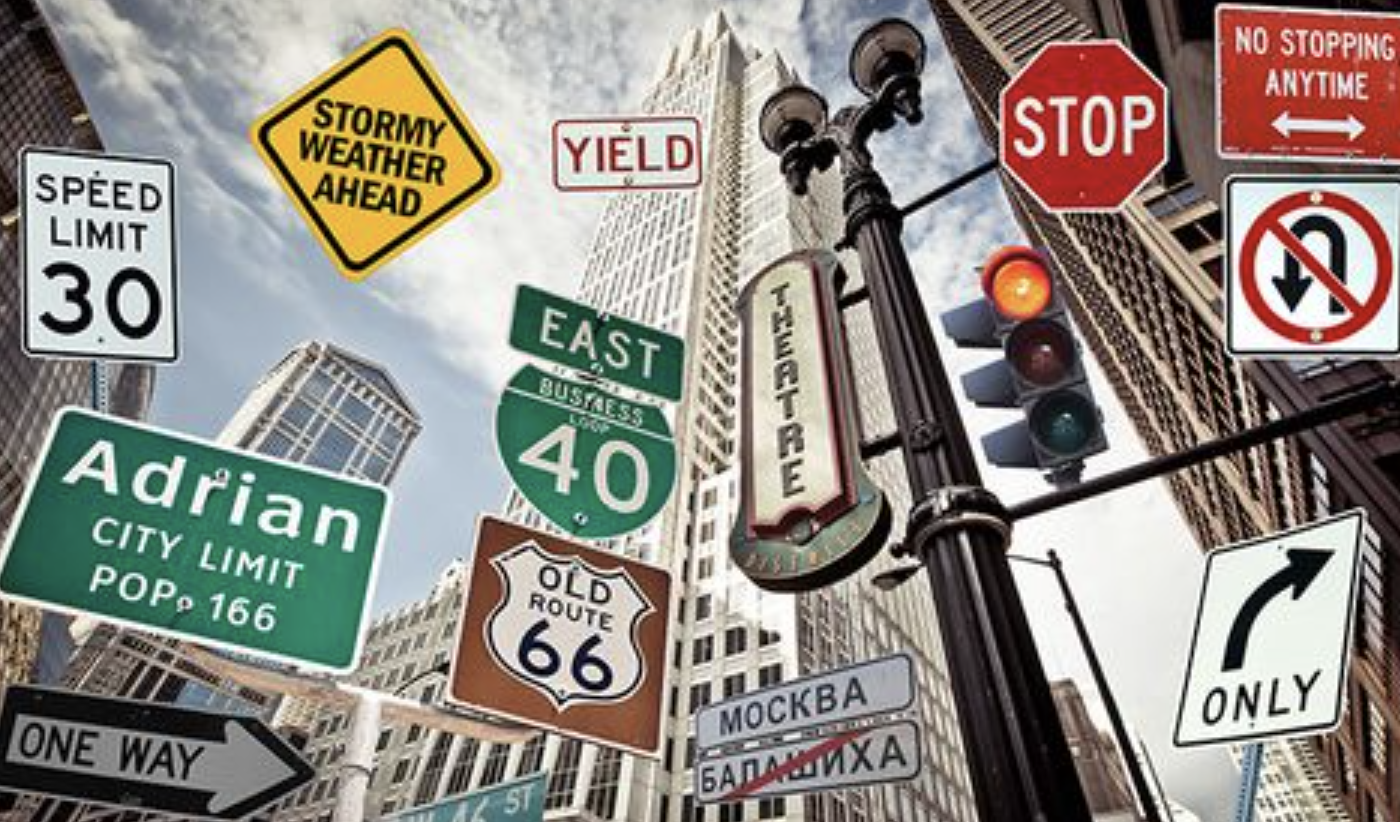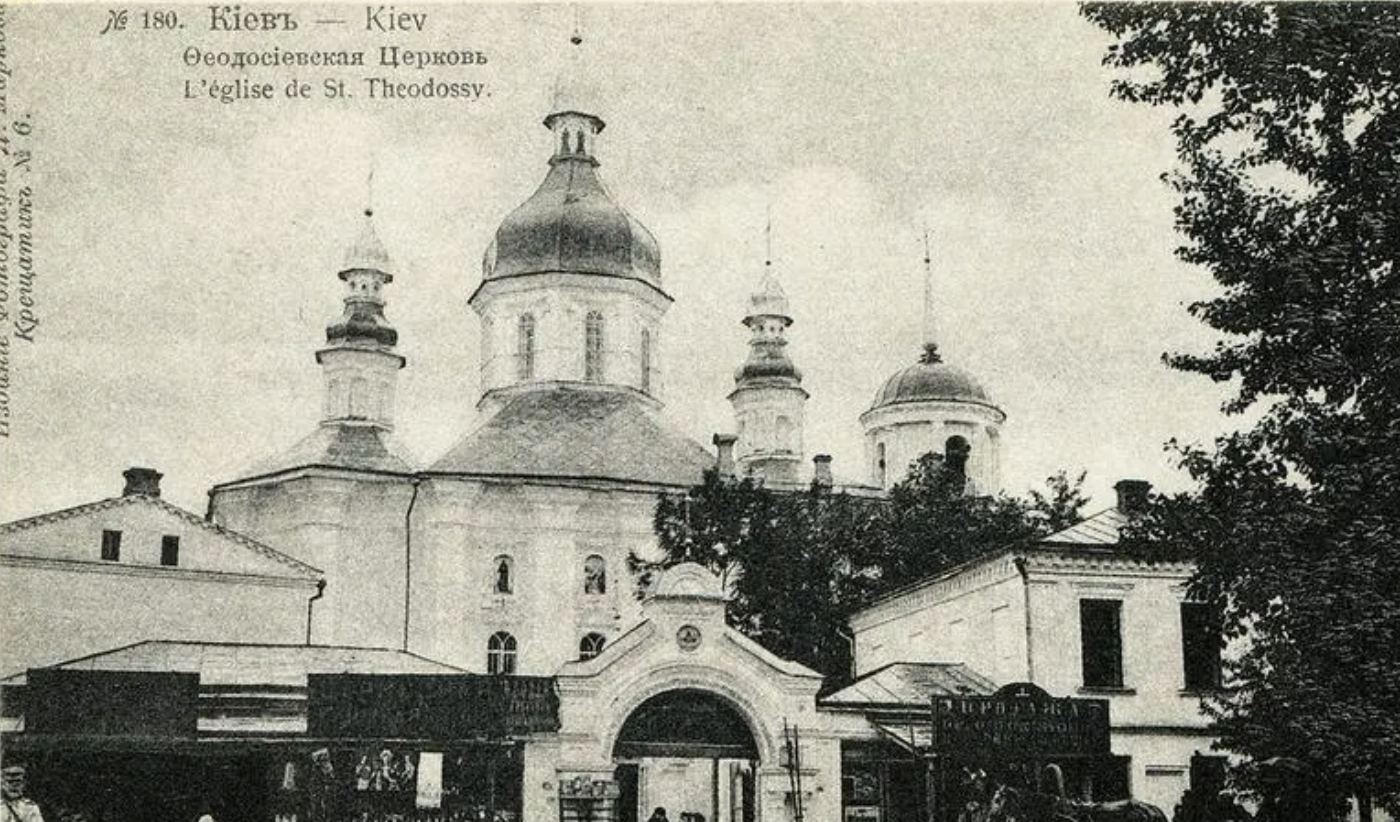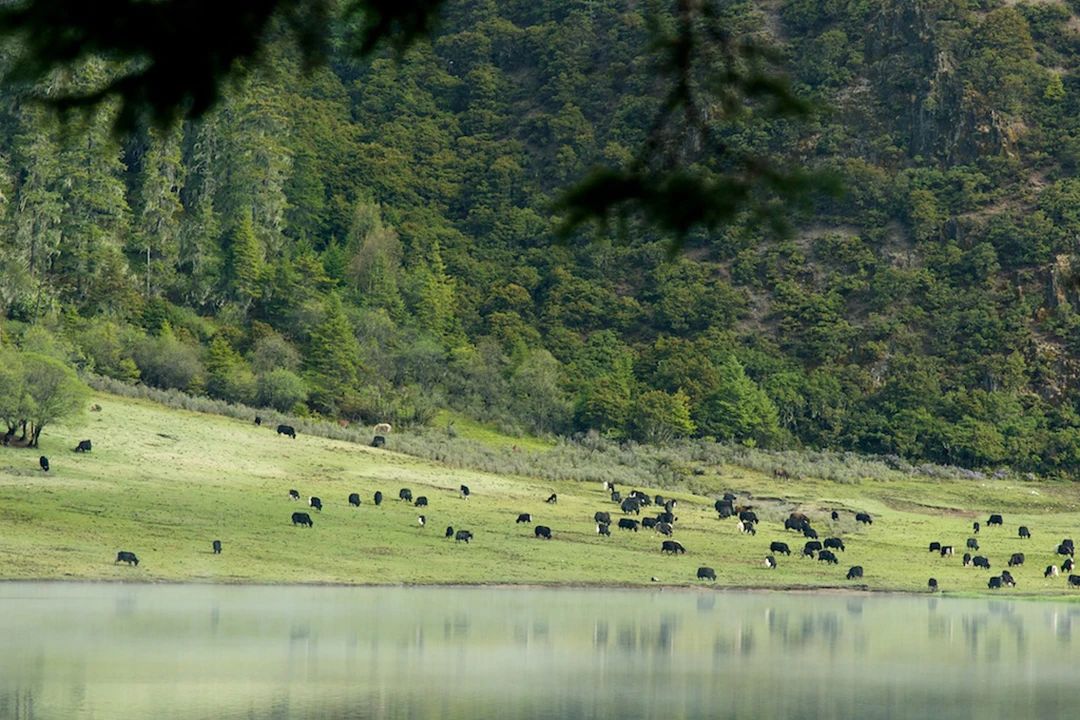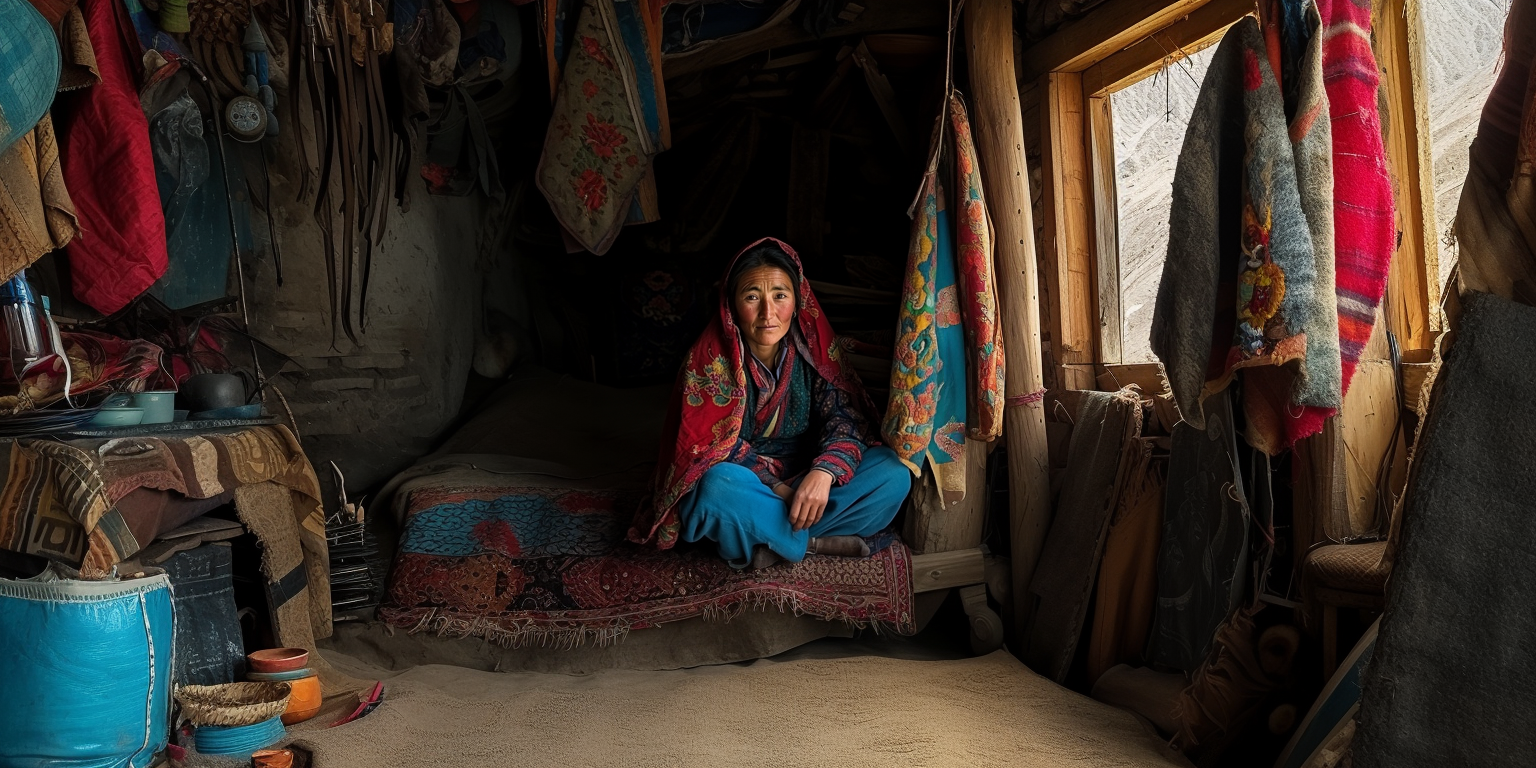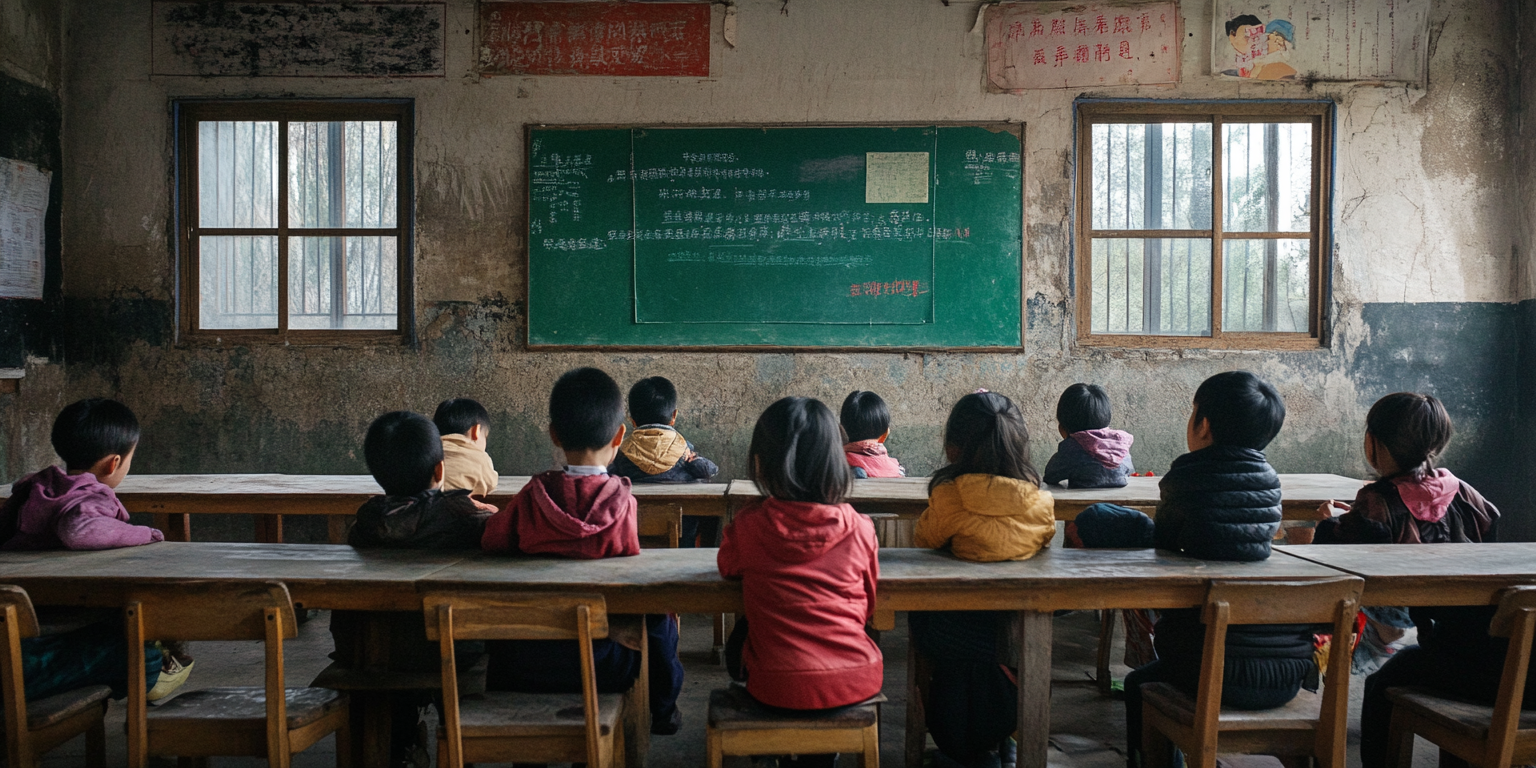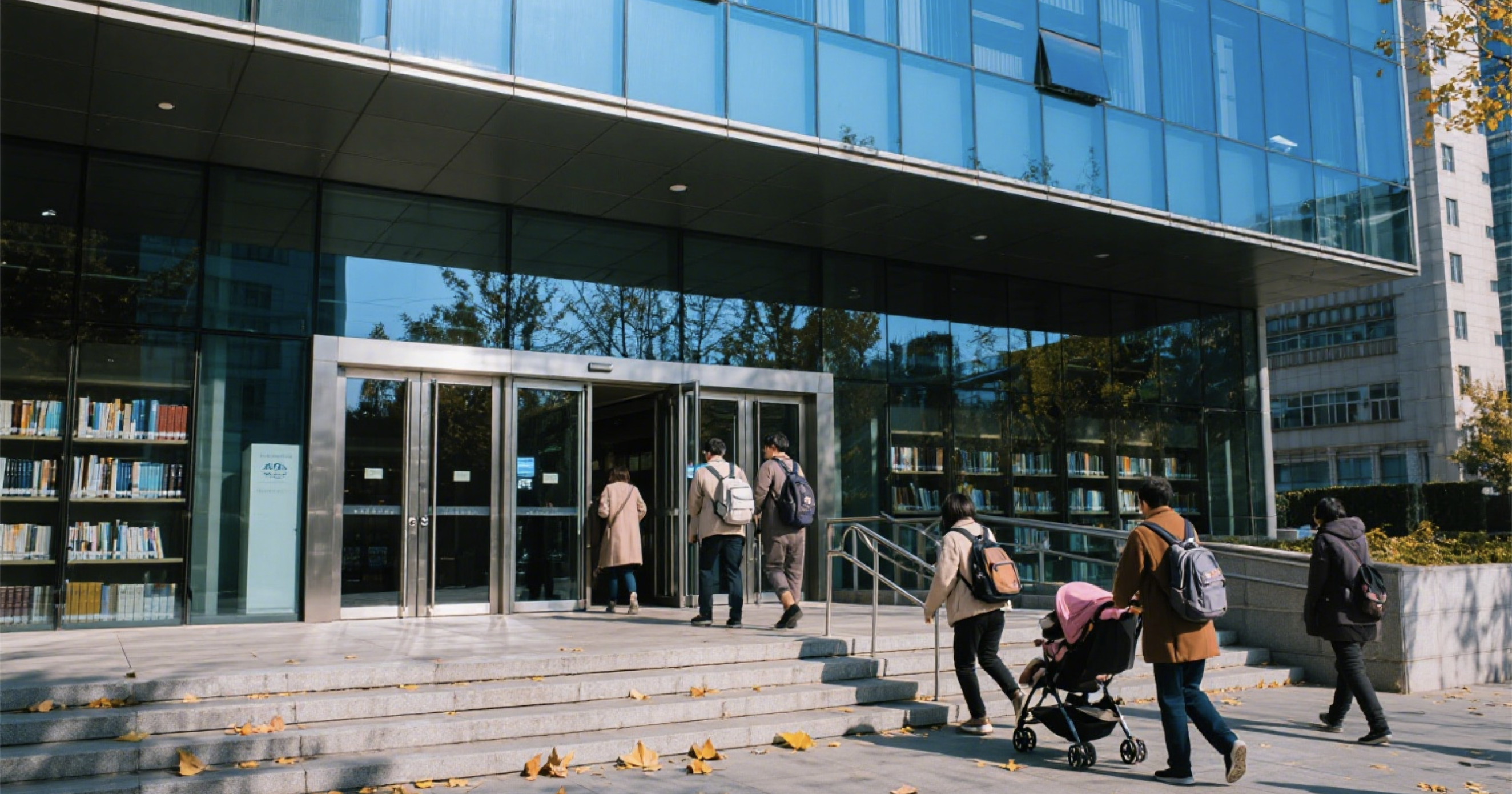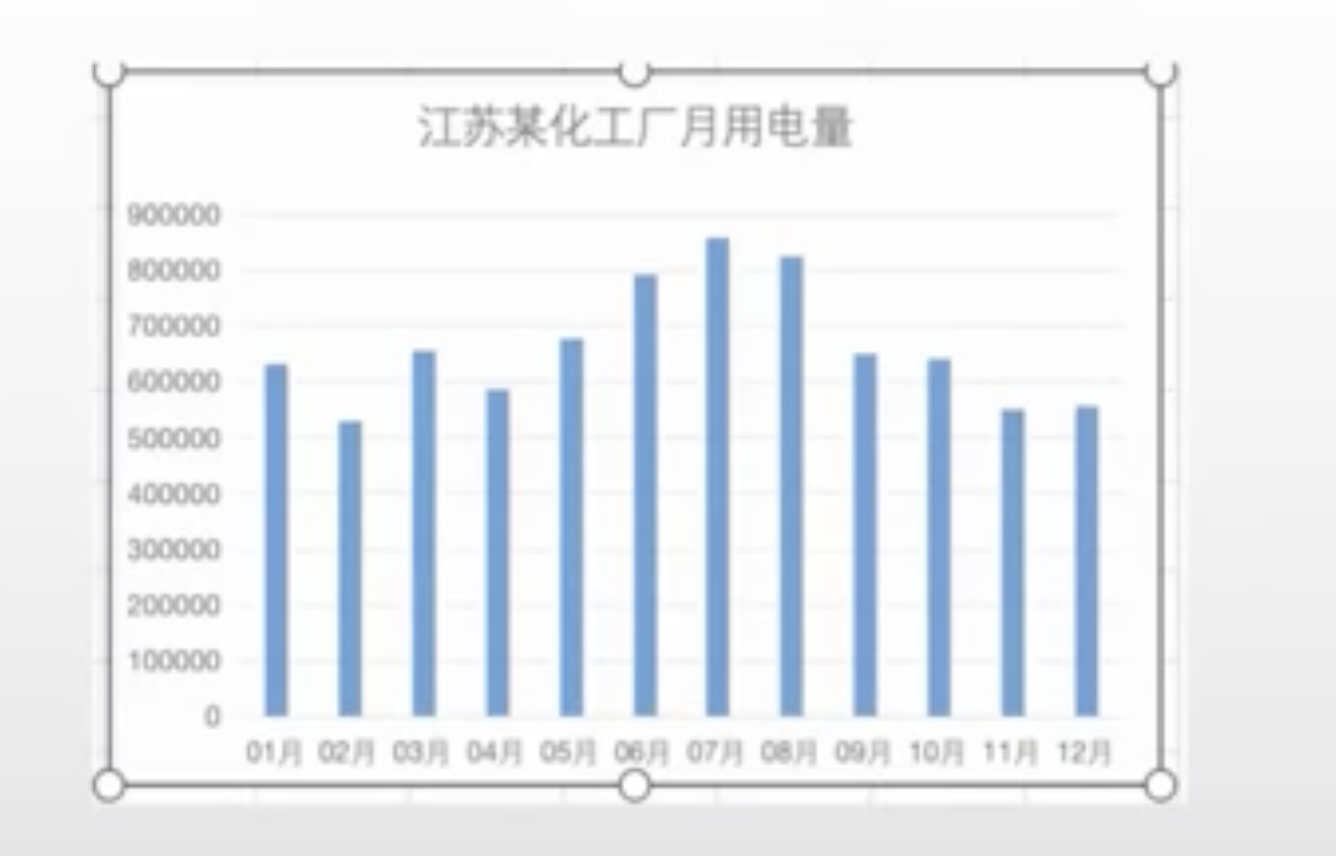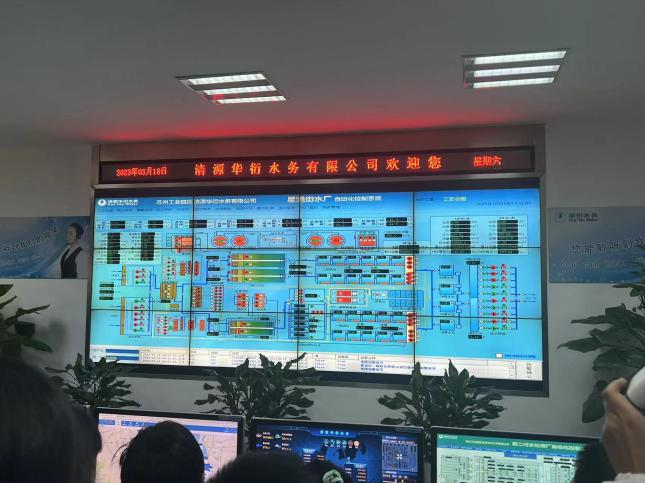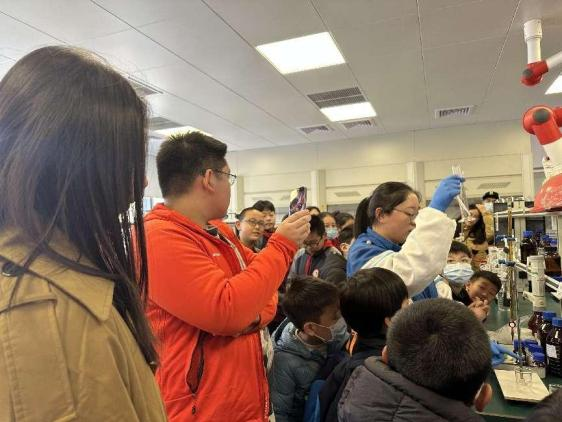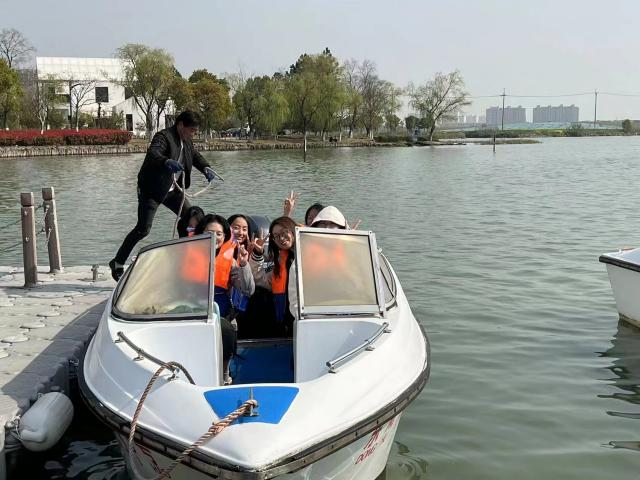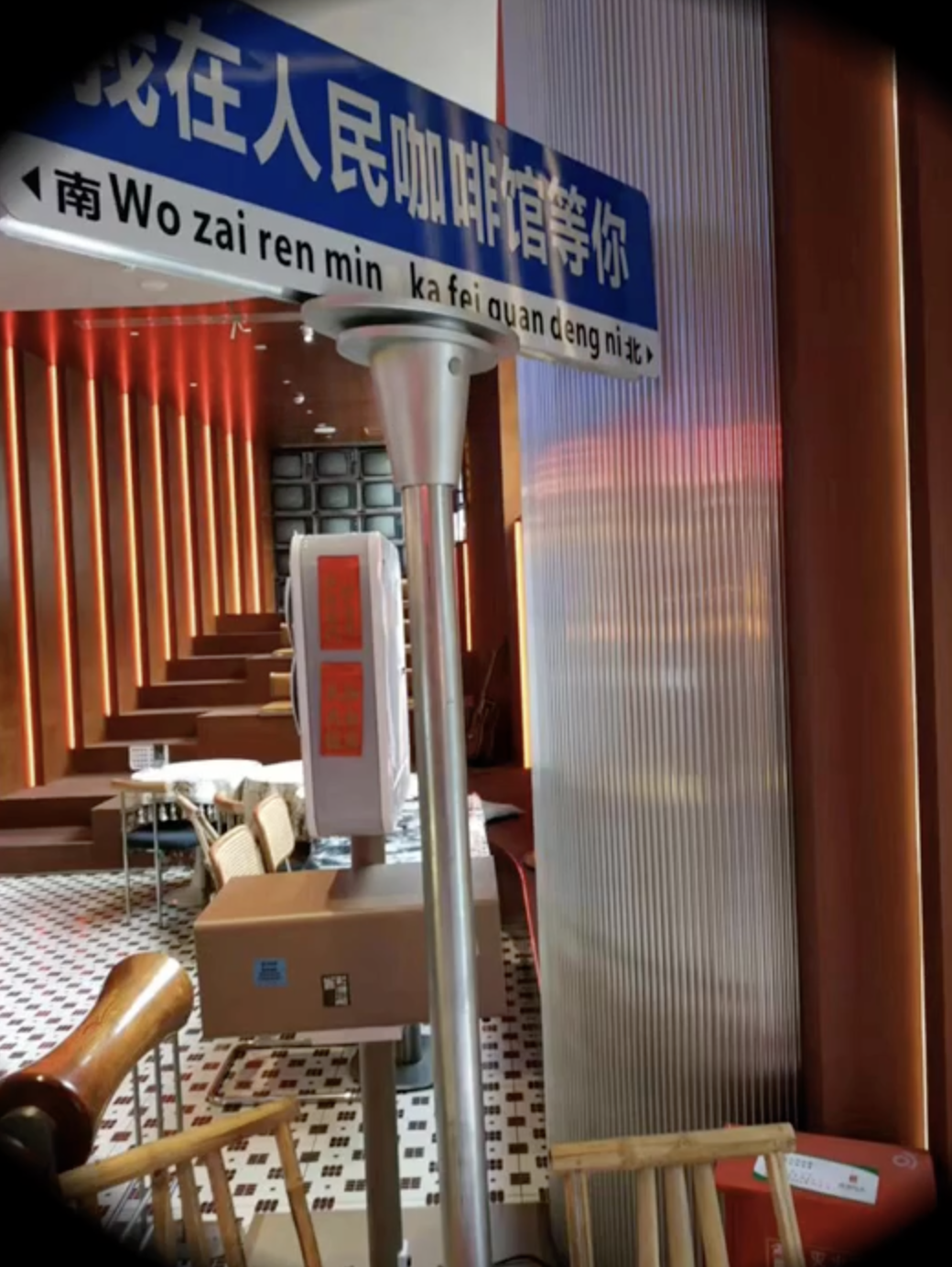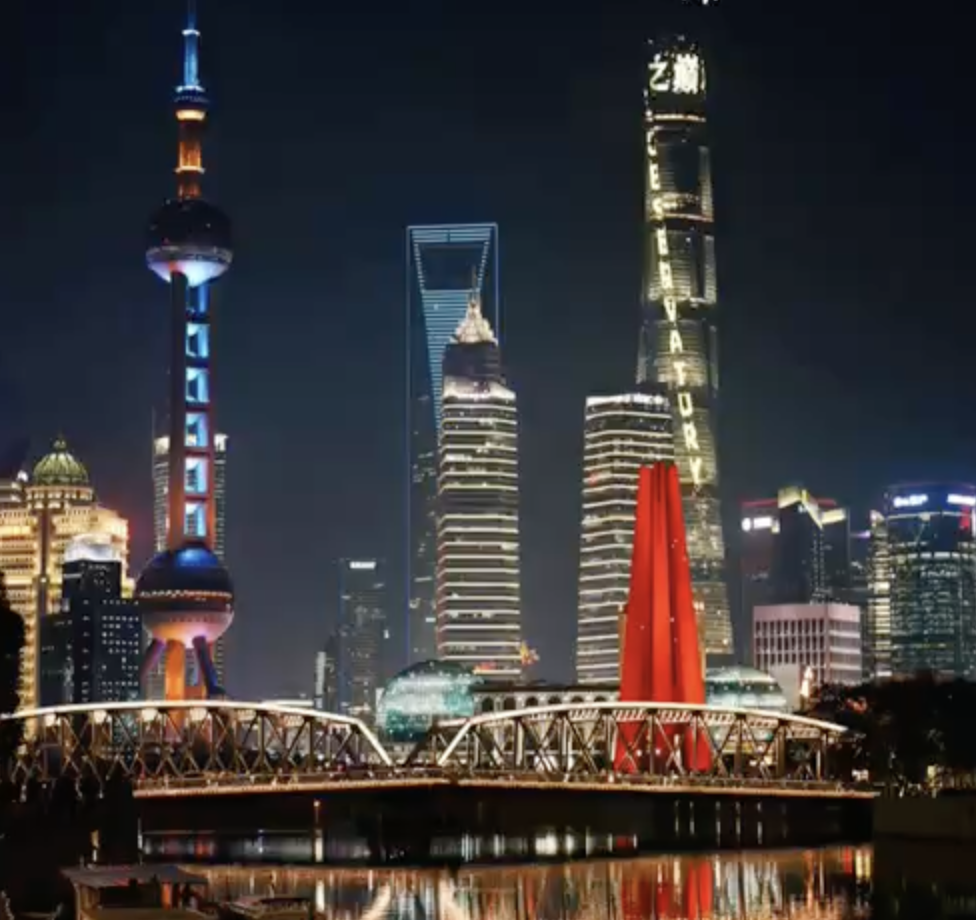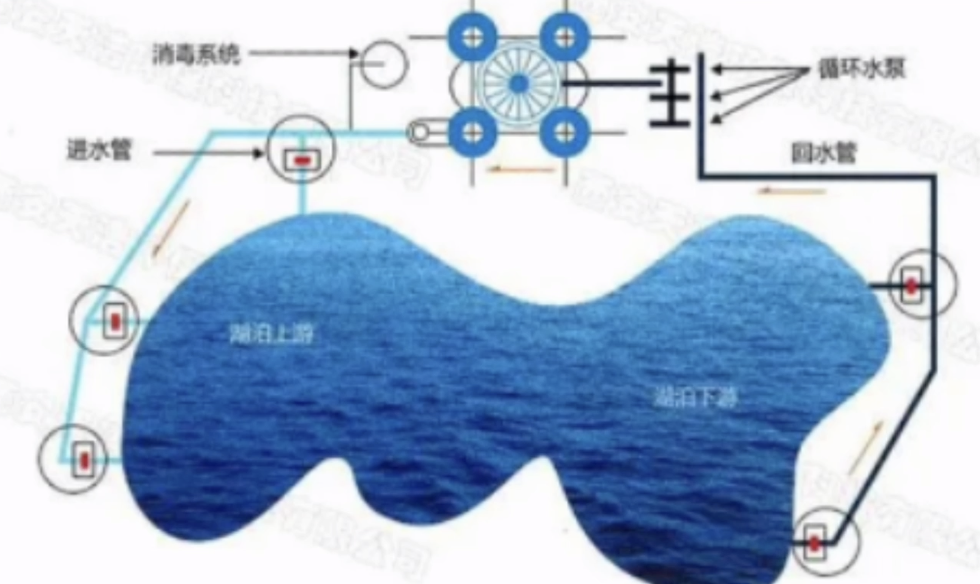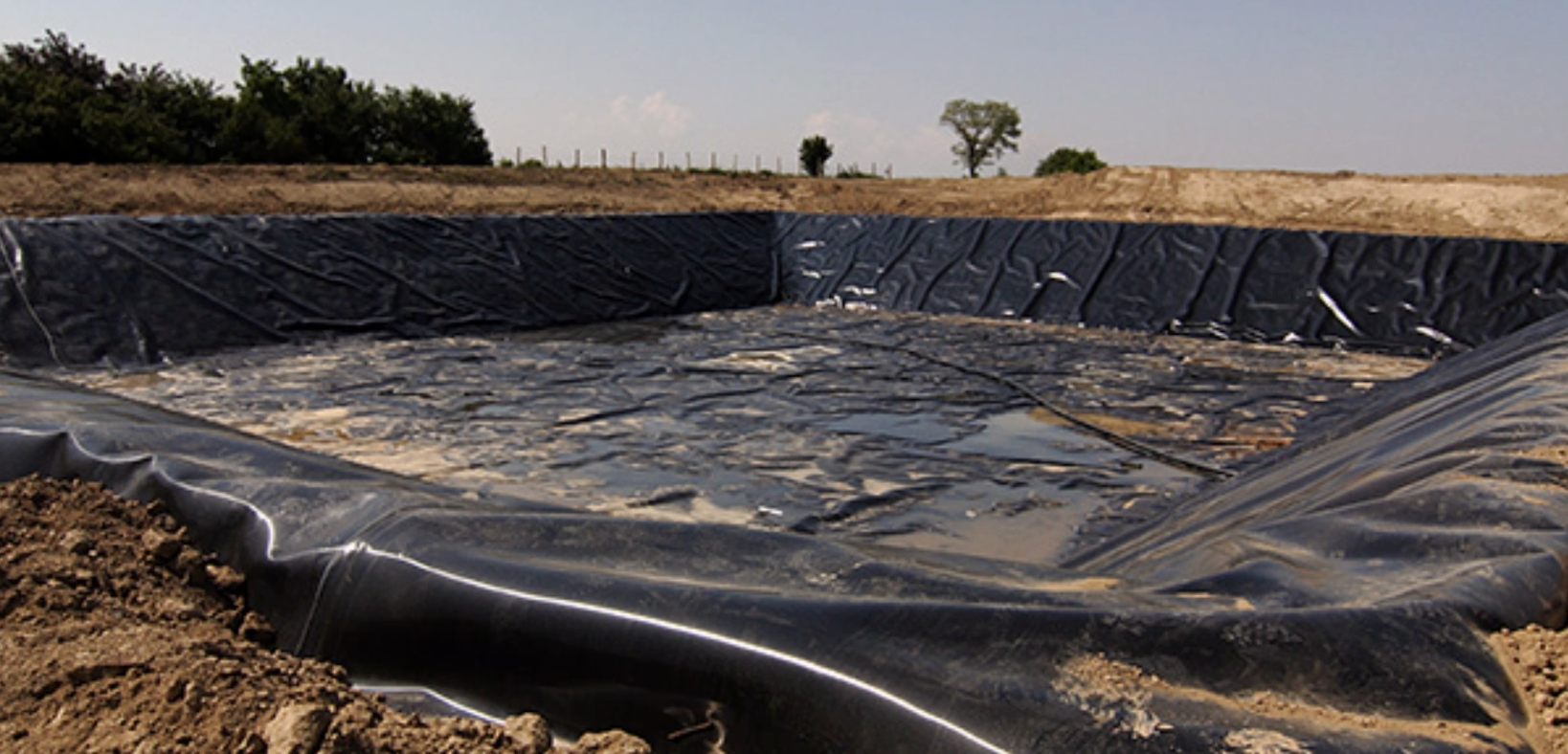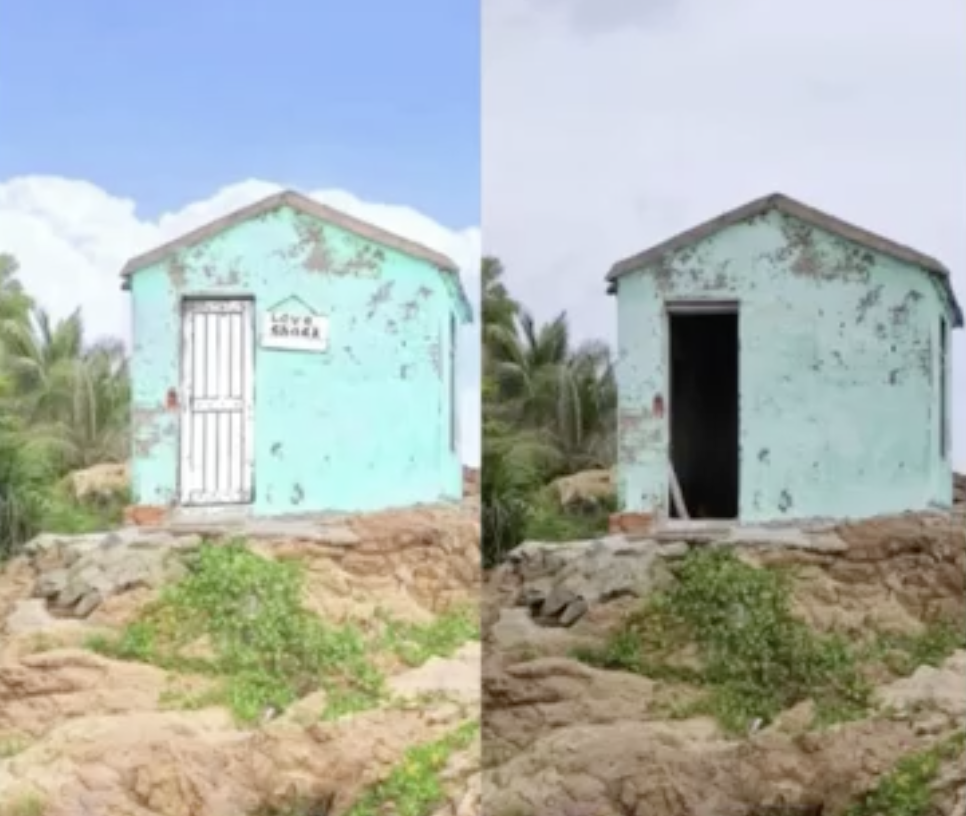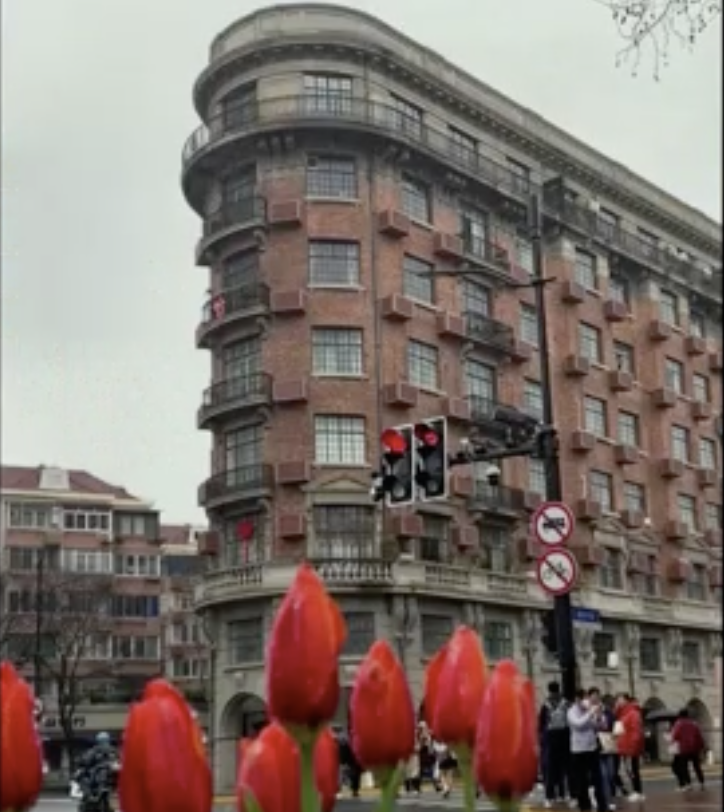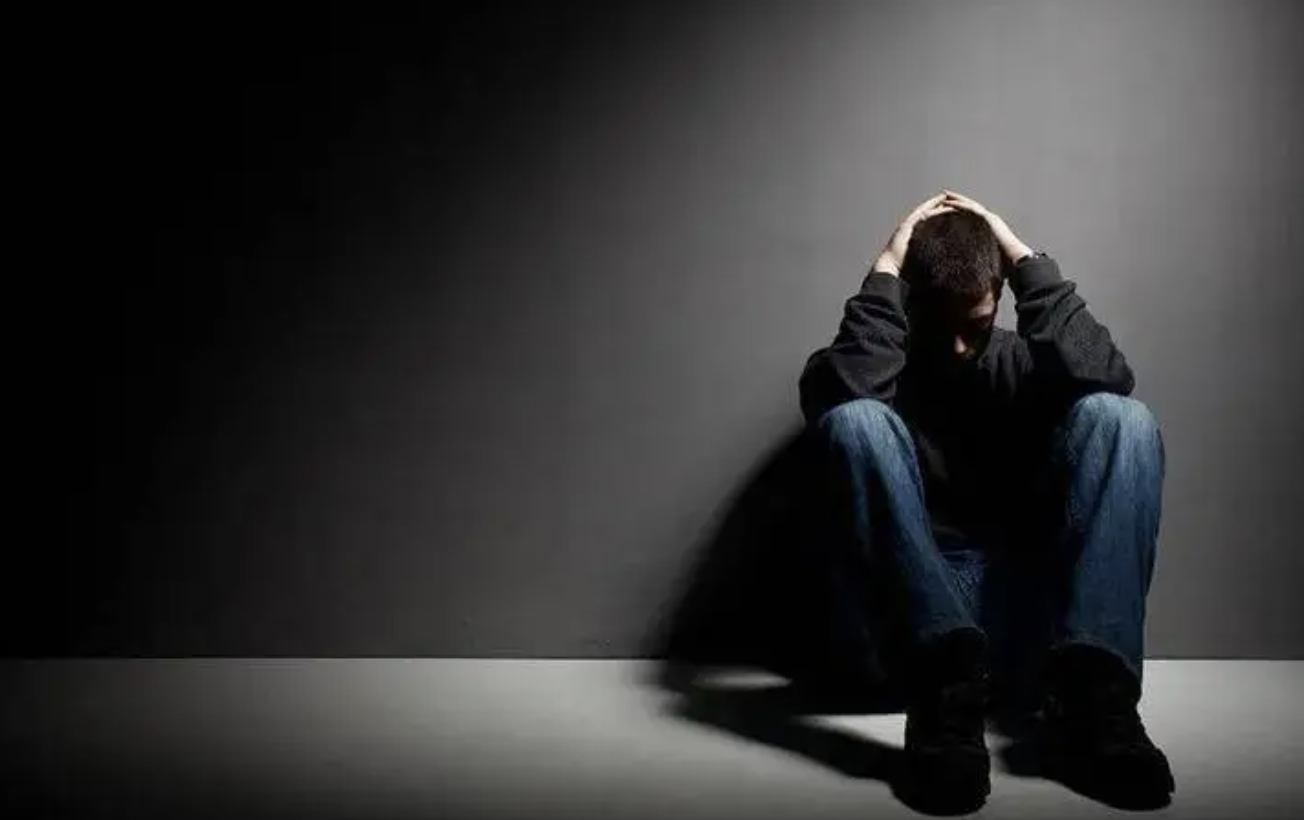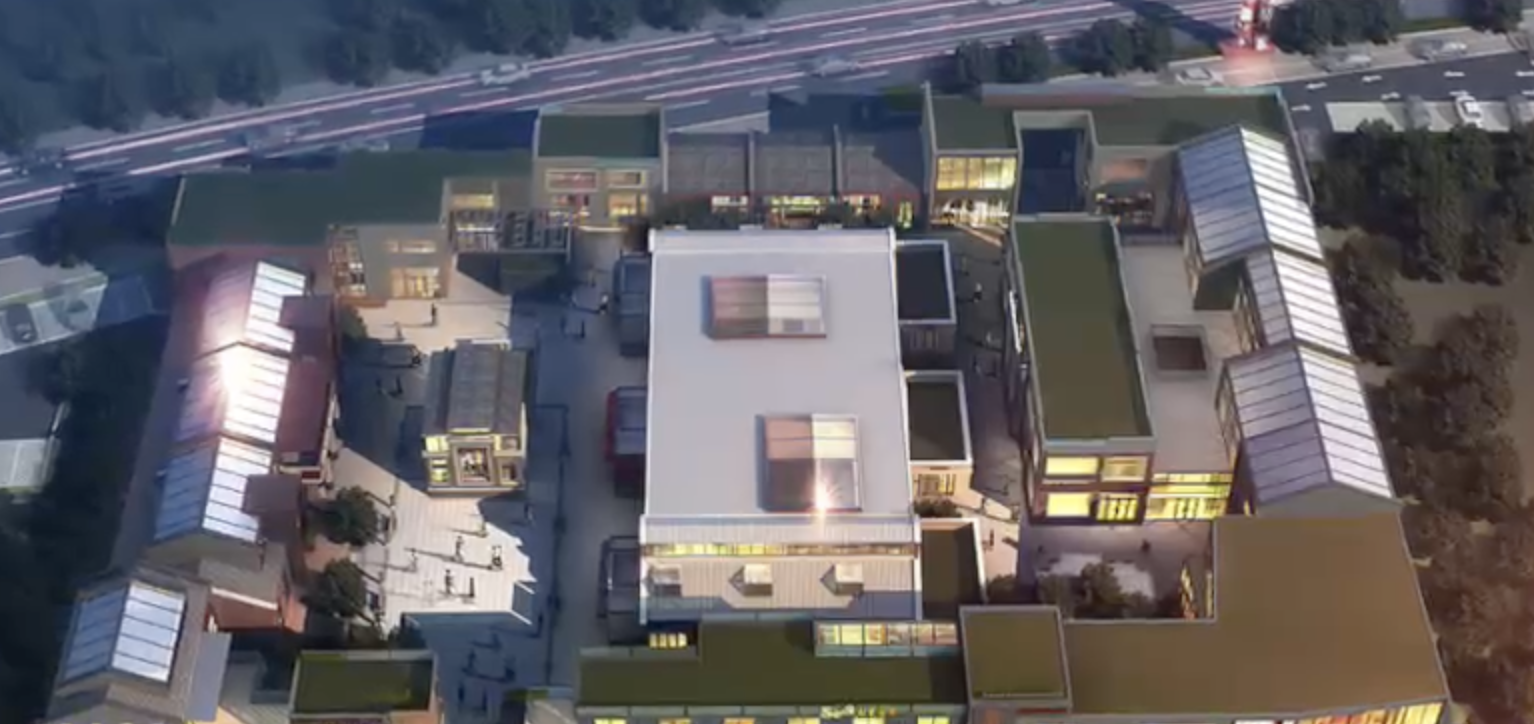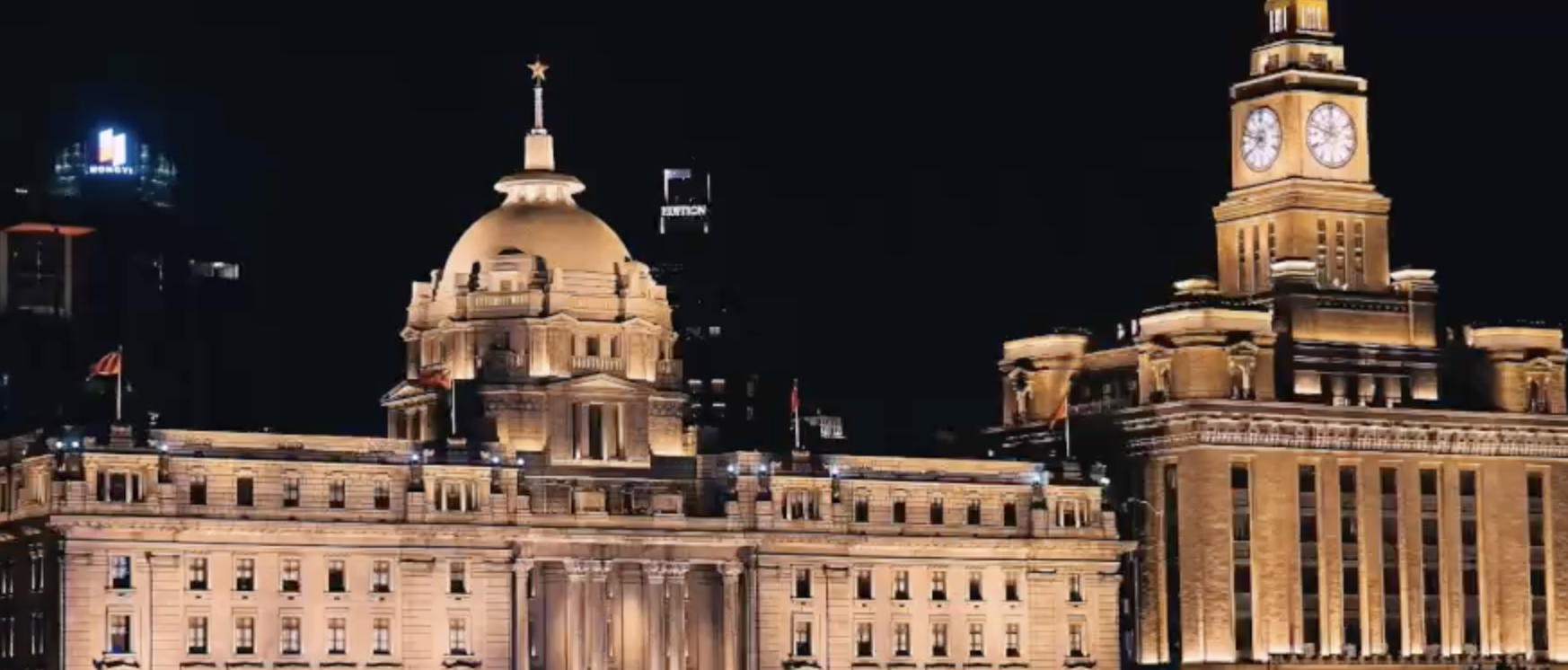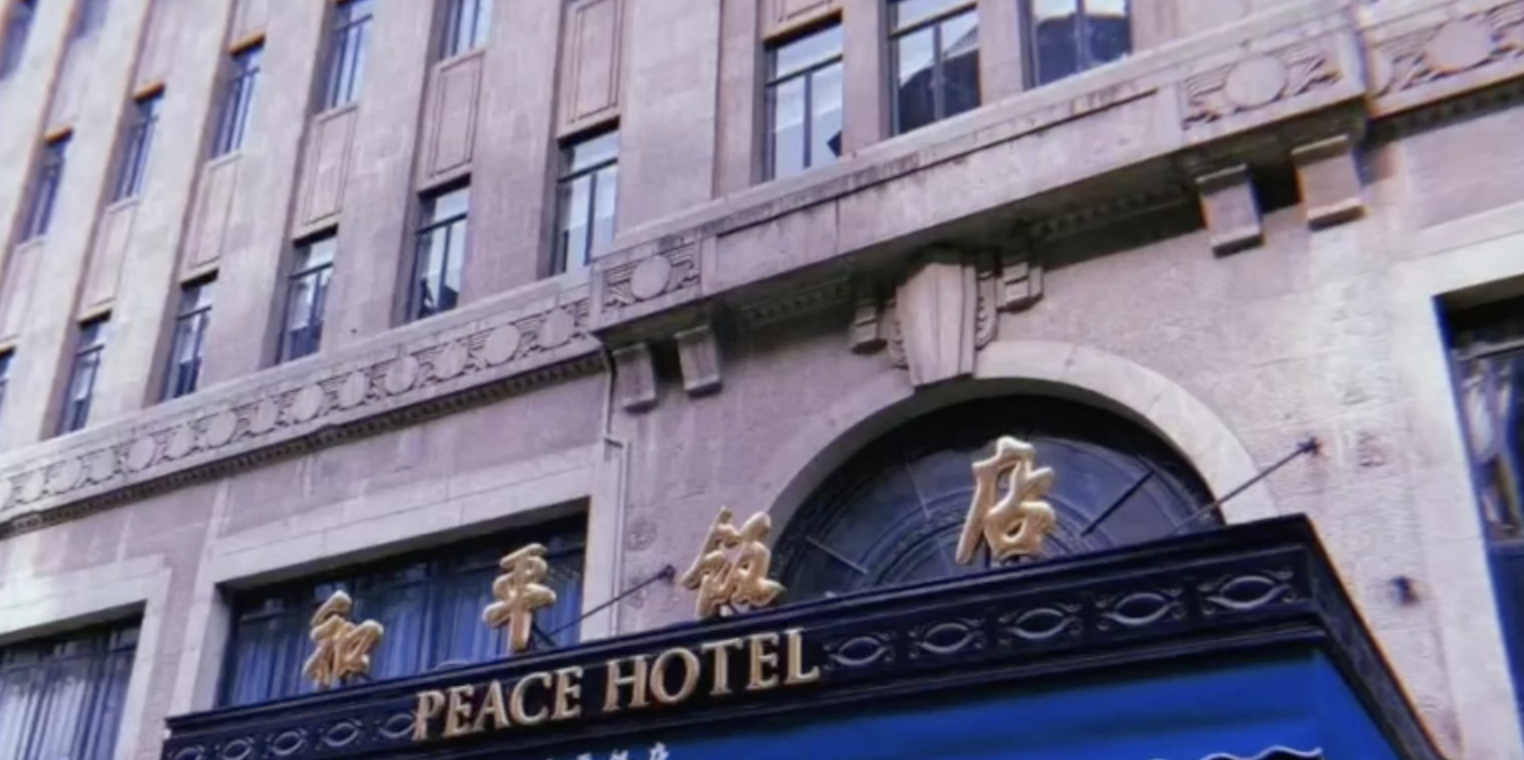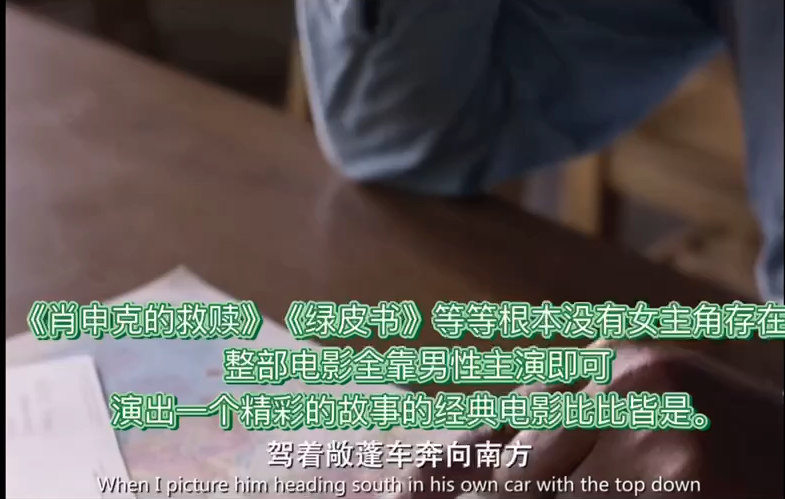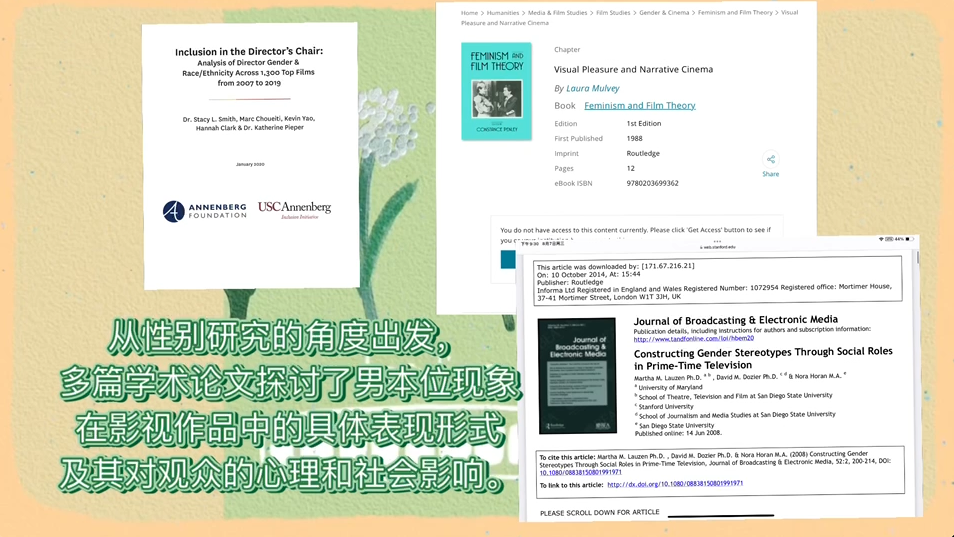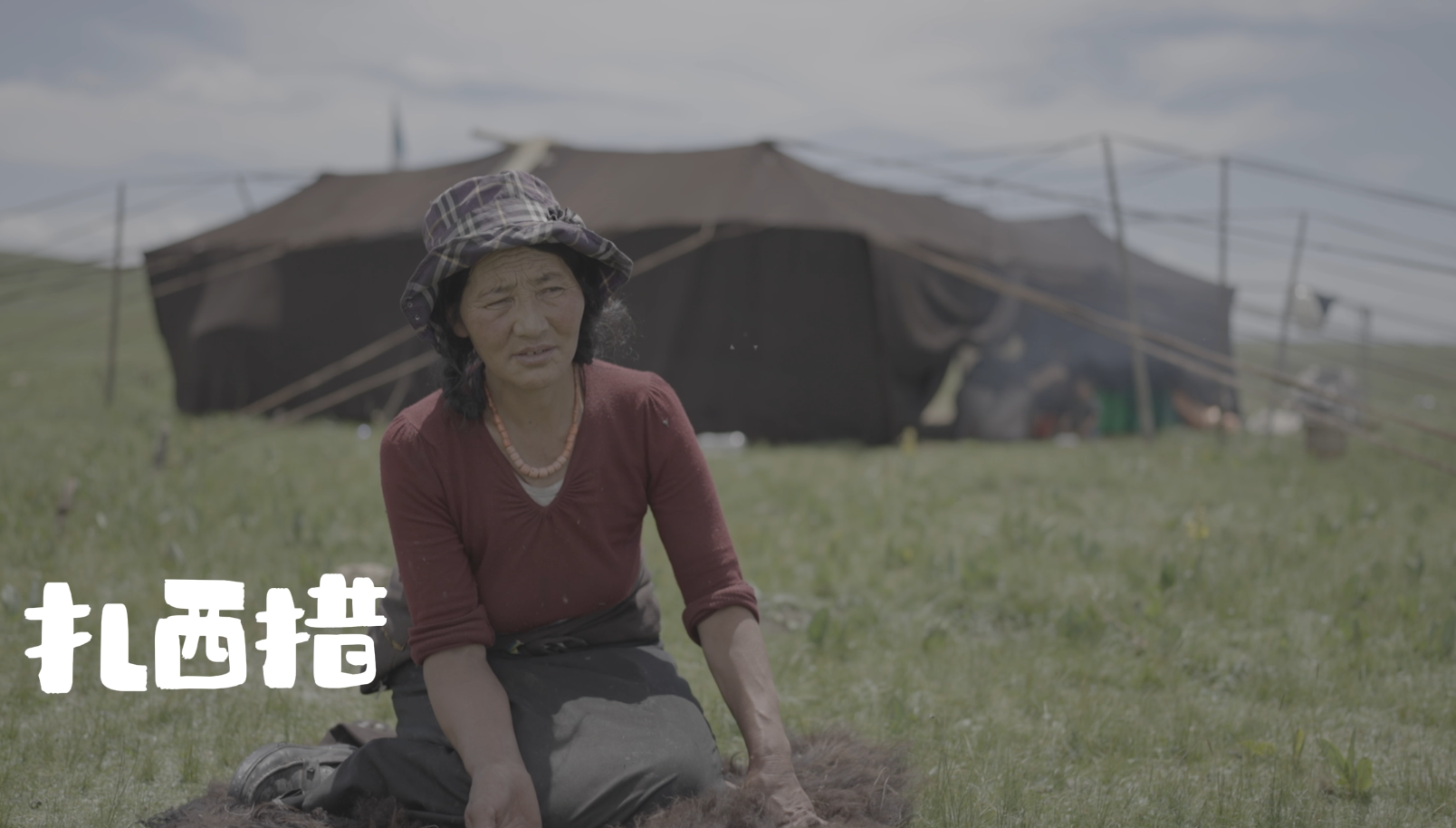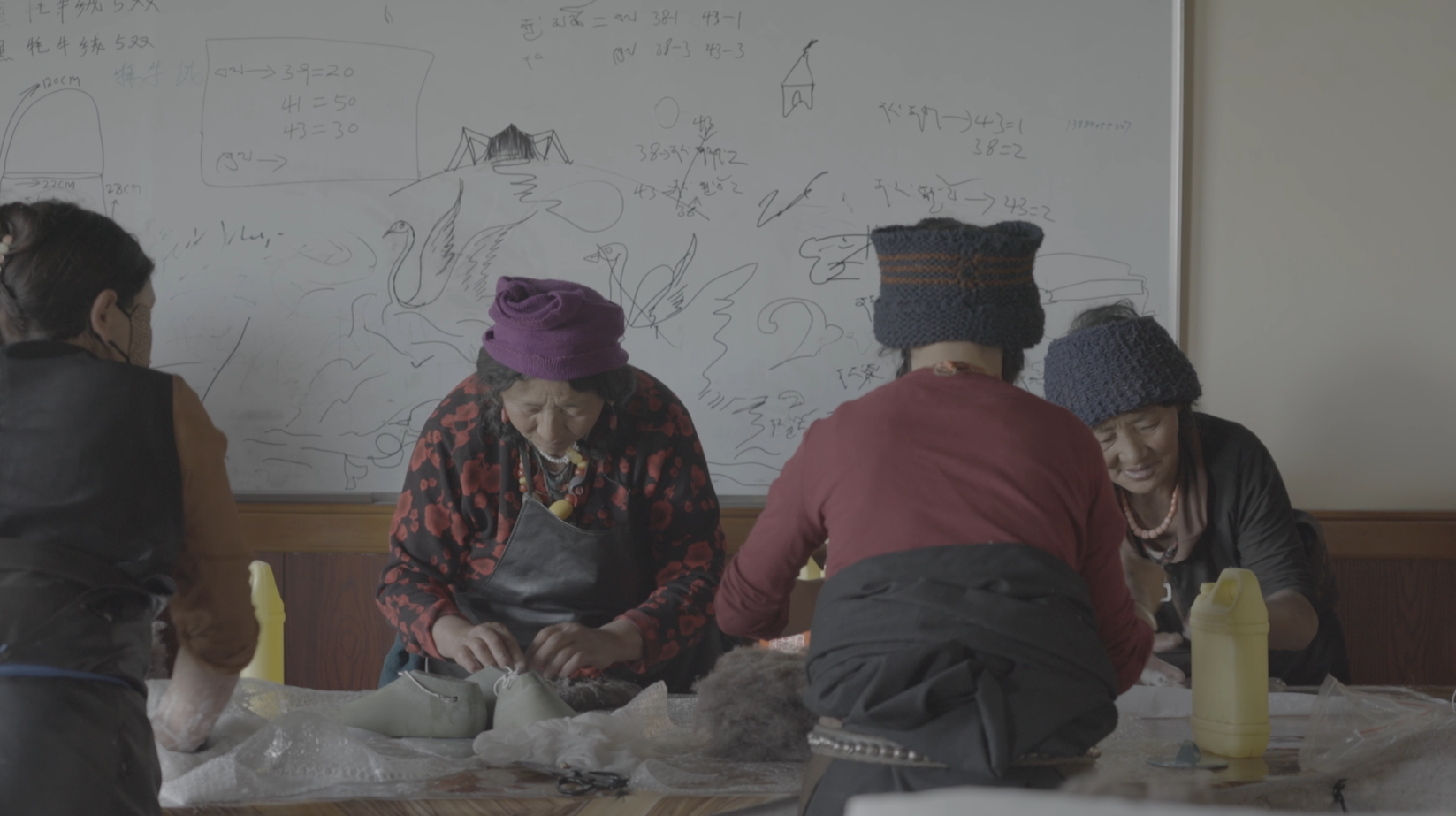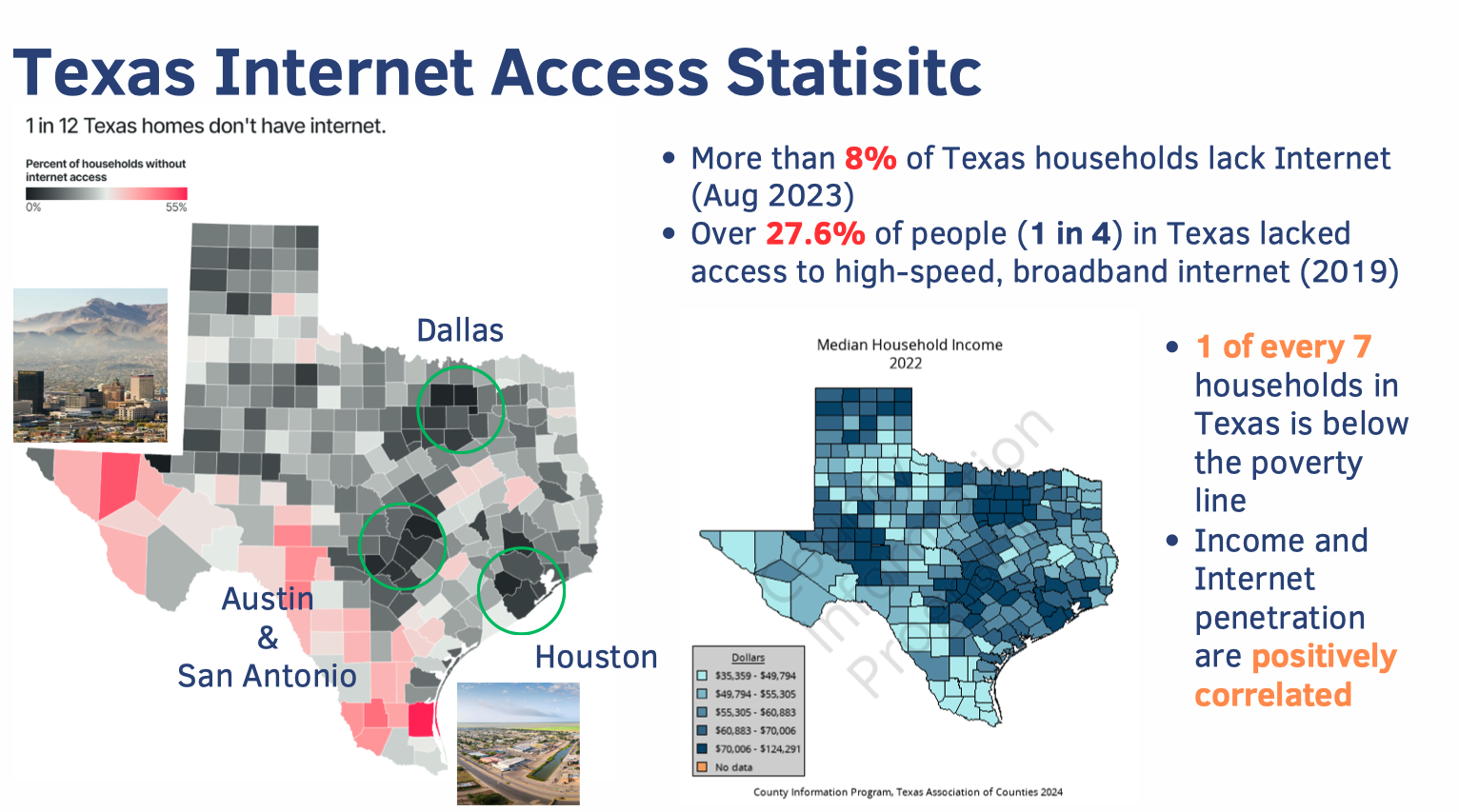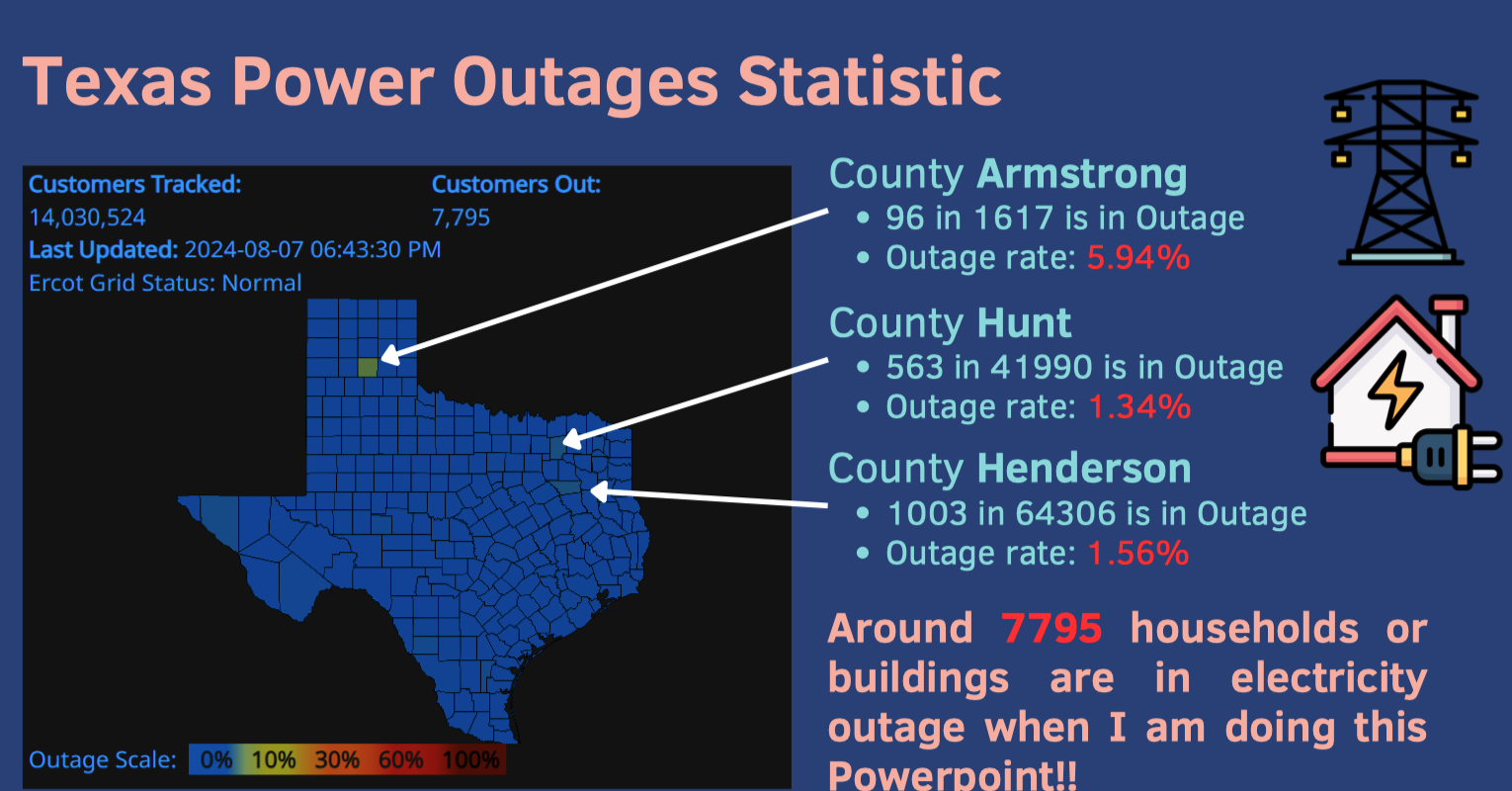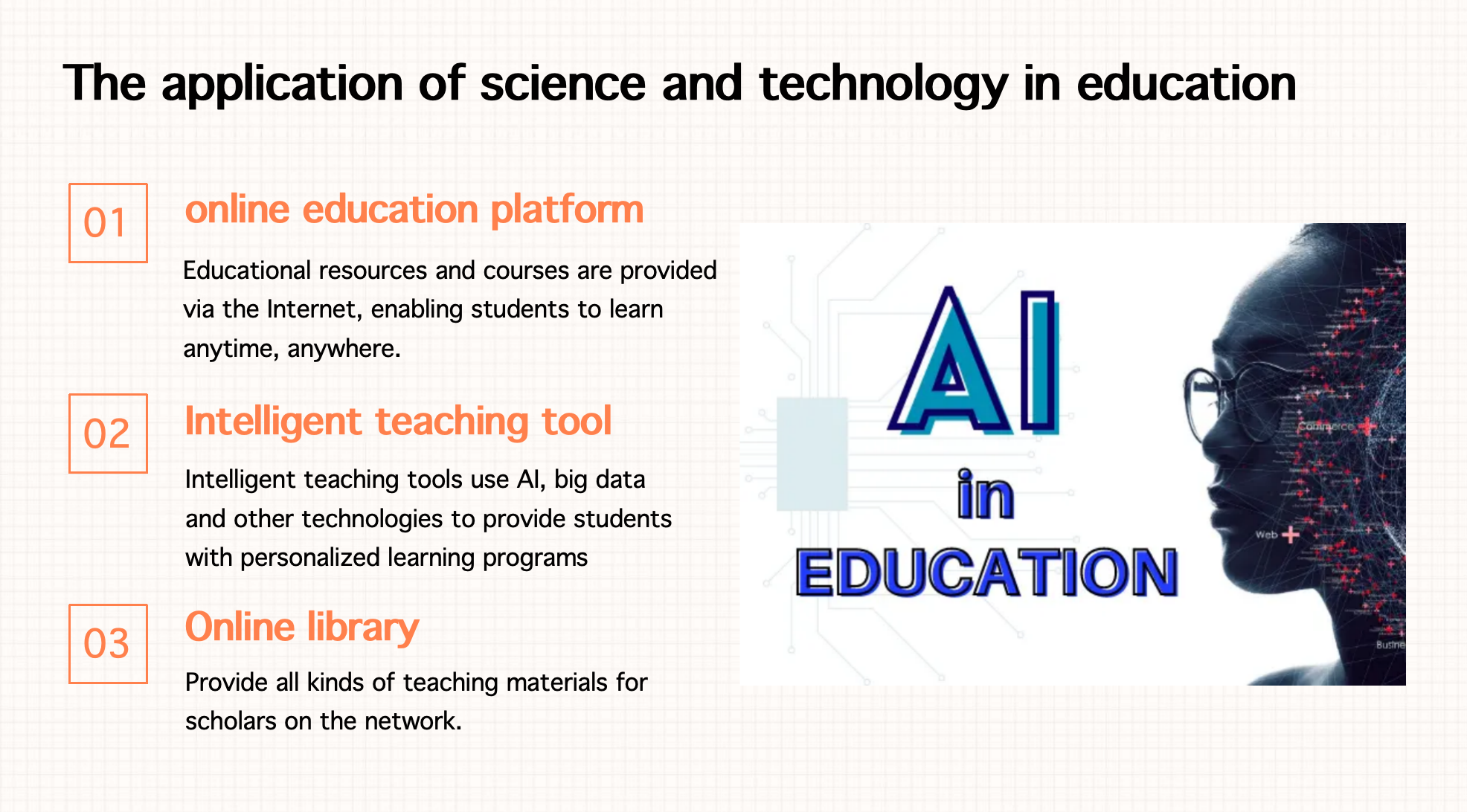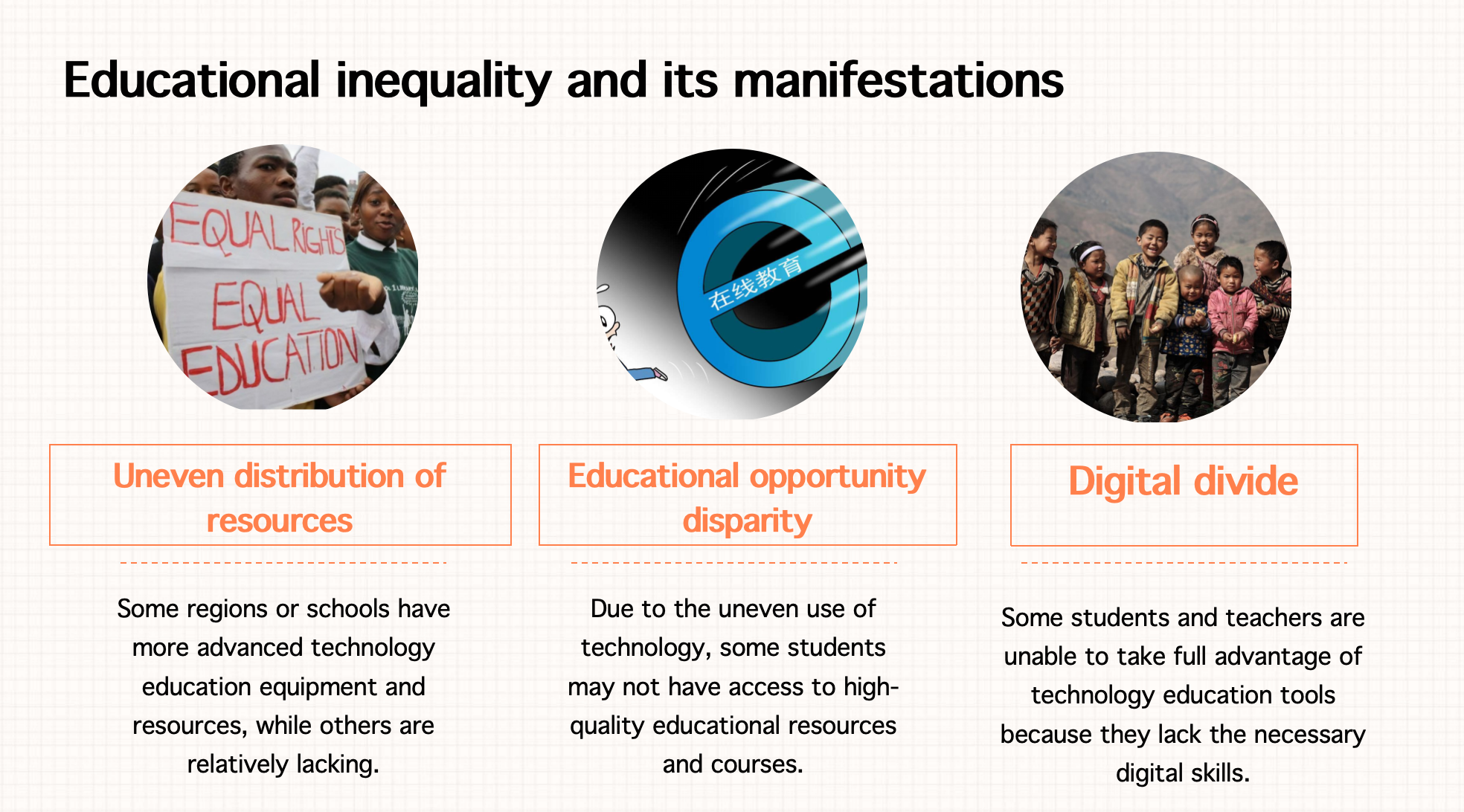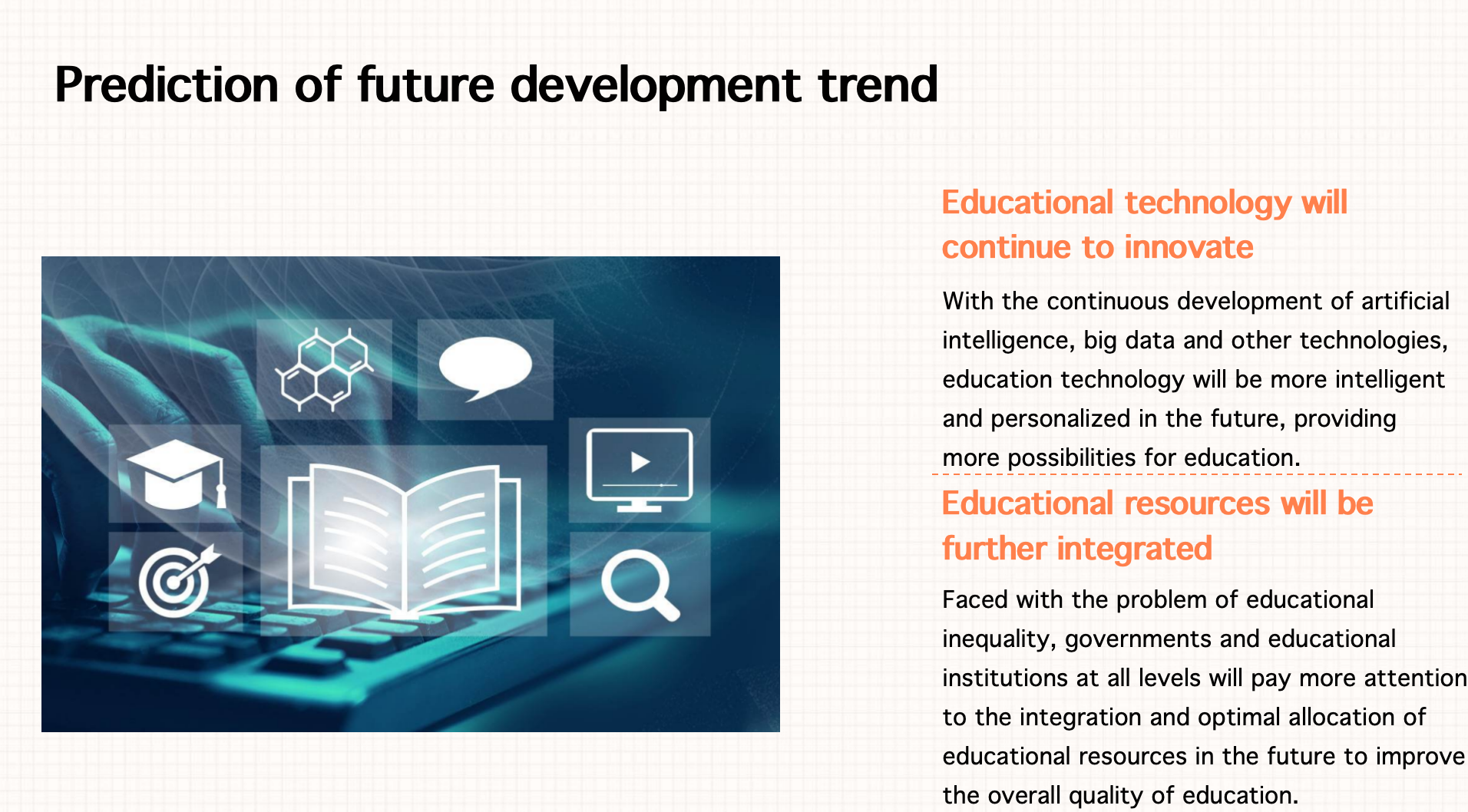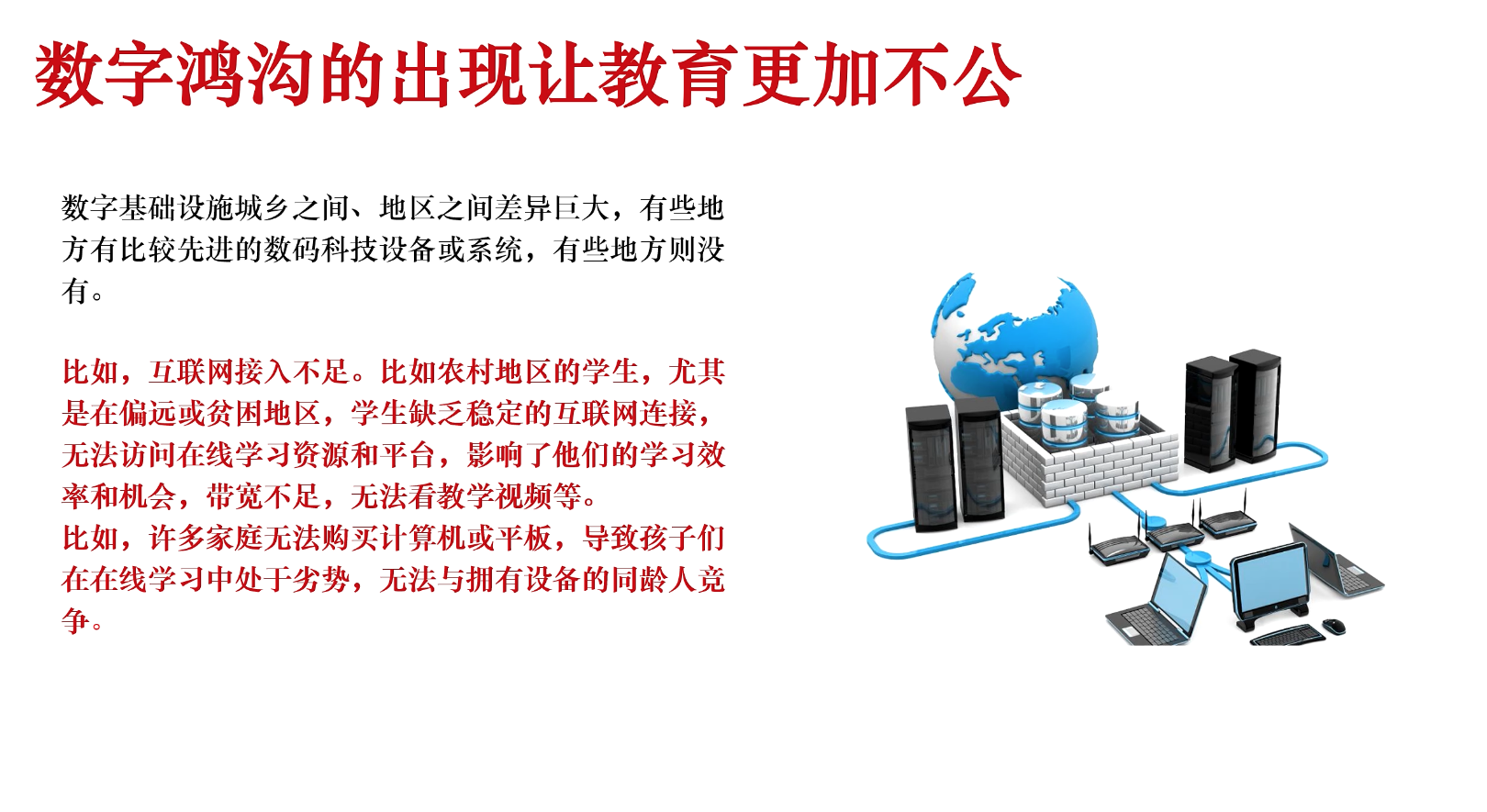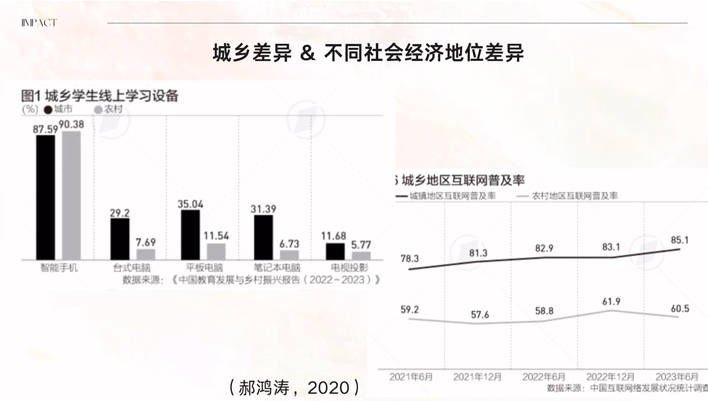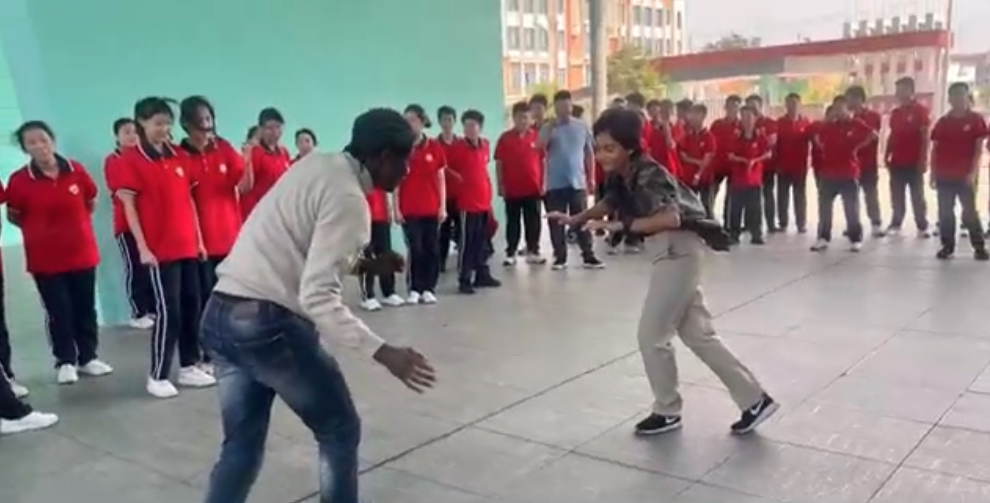Neil -褚鉴之
Hello everyone, I'm Neil from Shanghai Pinghe School. I'm passionate about applying innovative technology to solve environmental issues while also caring deeply about the warmth and humanity of urban spaces. It’s an honor to join the CityBetterLife organizing committee. I look forward to building bridges through environmental innovation and working with you to explore technological solutions to hidden urban challenges. I hope to blend ecological awareness with humanistic thinking, sparking diverse ideas to protect both the environment and the soul of our cities. I'm excited to collaborate on making this journey scientifically meaningful and humanly touching.
Kathleen - 单悦涵
Hi, I'm Kathleen, an 11th grader at Shanghai Southwest Weiyu Middle School. As a committee member of the City Better Life program, I help inspire youth to observe urban issues and develop creative solutions from diverse perspectives. I’m excited to support all participants throughout this process. Outside of the program, I’m a core member of my school’s CTB club, where we raise awareness of community issues and encourage student-led actions. I enjoy exploring new interests and skills, and I look forward to collaborating with everyone in this activity.
Belle -谭欣悦
I'm Belle, a tenth grader at SSBS. On the organizing committee, I focus on gender-related topics—researching, designing prompts, and managing social media for the contest. Outside this role, I lead the school food club, participate in the biology club, and have volunteered for two years teaching English online to students in Hebei. My interest in gender studies and social justice grew from reading about marginalized groups. I look forward to exploring solutions to contemporary social issues with all participants.
Yoona -李欣澄
Hi, I'm Yoona, an 11th-grade student at UWC Changshu. As a member of the City Better Life committee, I help encourage youth to observe and tackle urban issues with creative solutions. I'm excited to support and connect with all participants. Outside the committee, I lead my school’s sign language club and am passionate about promoting sign language and deaf culture. I look forward to contributing further to building better city life in the future.
Cecily -方辰妤
I am Cecily Fang, an eleven grader in Shanghai Pinghe School. Being part of the committee, I activity take part in topic designing and contact with sponsors to provide the basis of our competition. Besides, I am a big fan of K-pop which I have did much research on. Being interested in social issues, I am a student who aim to contribute to solving media related issues. I hope more changes could be made in the future.
"Confidante Grandma"
I am “Confidante Grandma,” passionate about debates, films, and literature. My focus lies in urban development, especially environmental sustainability, business innovation, and architectural design. I believe in creating cities that prioritize ecological balance, economic vitality, and social equity. I enjoy discussing green infrastructure, mixed-use spaces, and cultural urban branding, and I aim to contribute practical ideas for resilient and inclusive cities.
Violet
I'm Violet, passionate about reading, crafting, and sustainable urban environments. I explore how creative design and community involvement can turn public areas into eco-friendly spaces. I support planning that emphasizes green infrastructure, waste management, and ecological resilience. Through projects like material reuse and urban gardening, I strive to make cities more livable and just.
Luoxuan Li
I view cities as dynamic narratives full of paradox and potential. Urban planning, to me, should promote inclusive growth, cultural continuity, and spatial justice. I use data-driven and ethnographic methods to address issues like housing inequality and mobility access. My goal is to help build cities that balance vibrancy with a sense of belonging.
Anne
Inspired by Calvino, I see cities as living records of memory and experience. I believe urban planning should blend heritage conservation with future innovation, ensuring cities remain meaningful and equitable. Through community storytelling and cultural preservation, I work to make urban environments not only efficient but also deeply human and inclusive.
Leyi Zhao
I quietly observe and interpret urban life, believing cities speak through their rhythms and details. I explore how thoughtful design—like tactile paving and sensory art—can deepen people’s connections to their environment. My aim is to make cities more intuitive, accessible, and inspiring. Let's work together to create cities that listen and respond.
